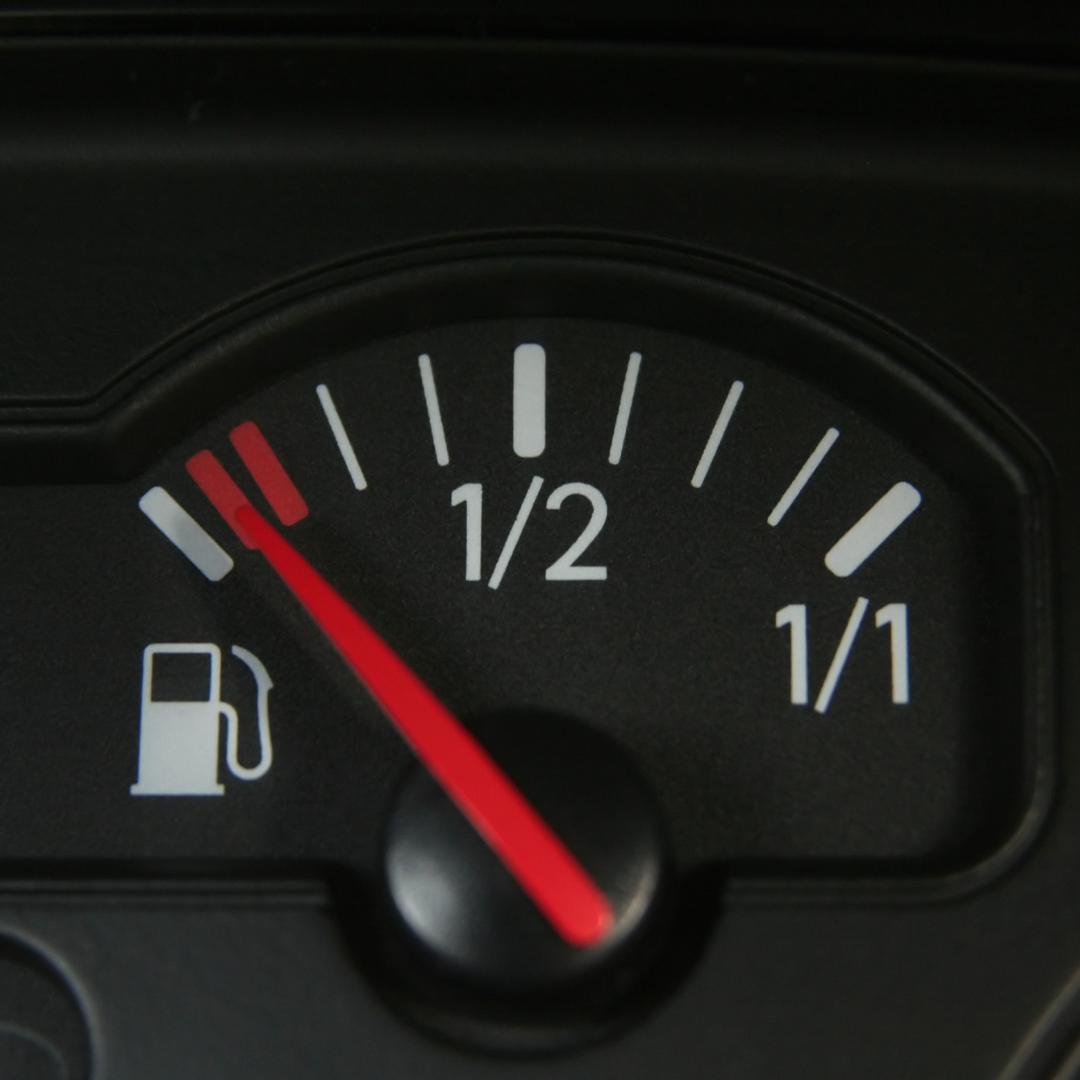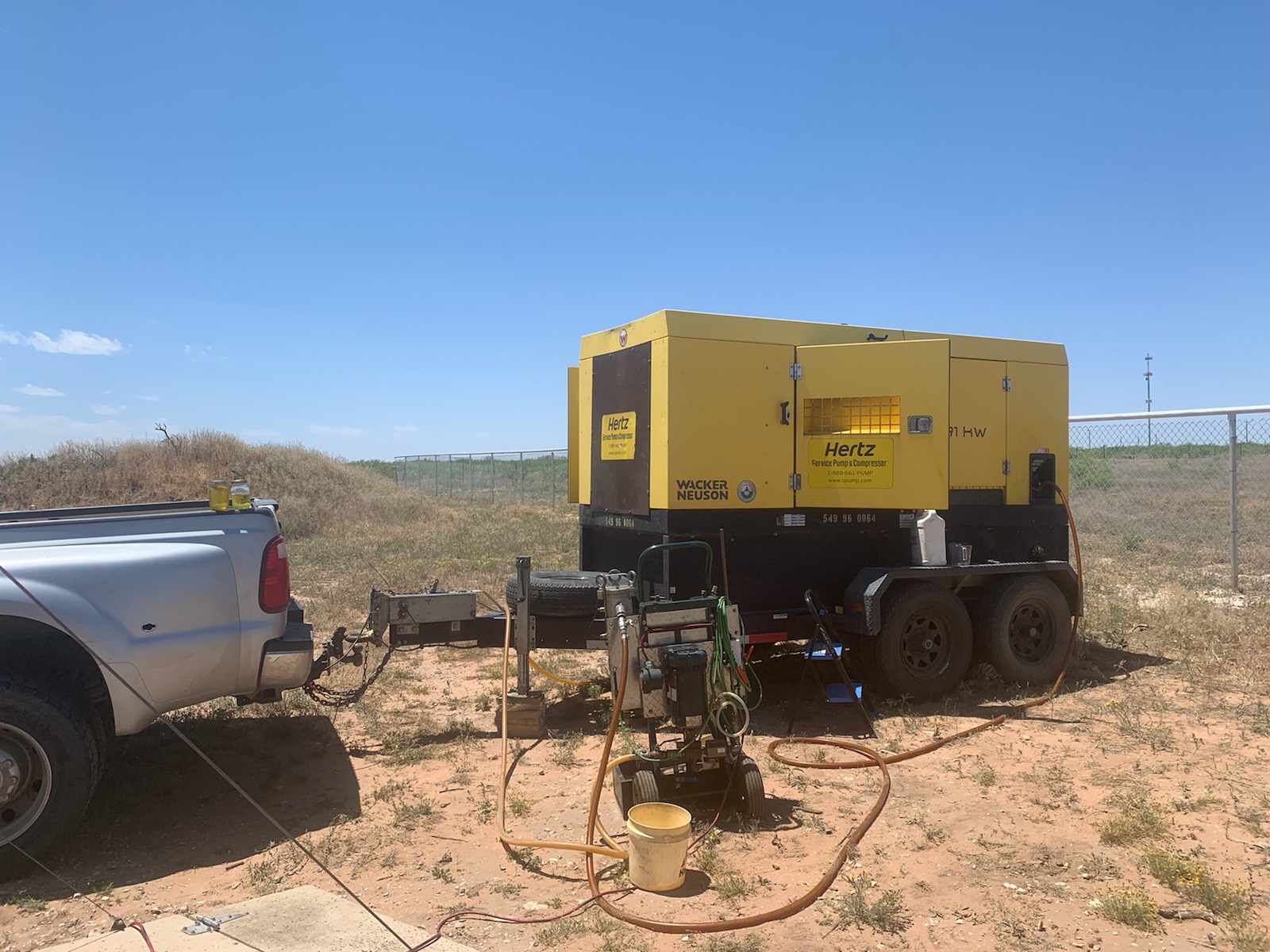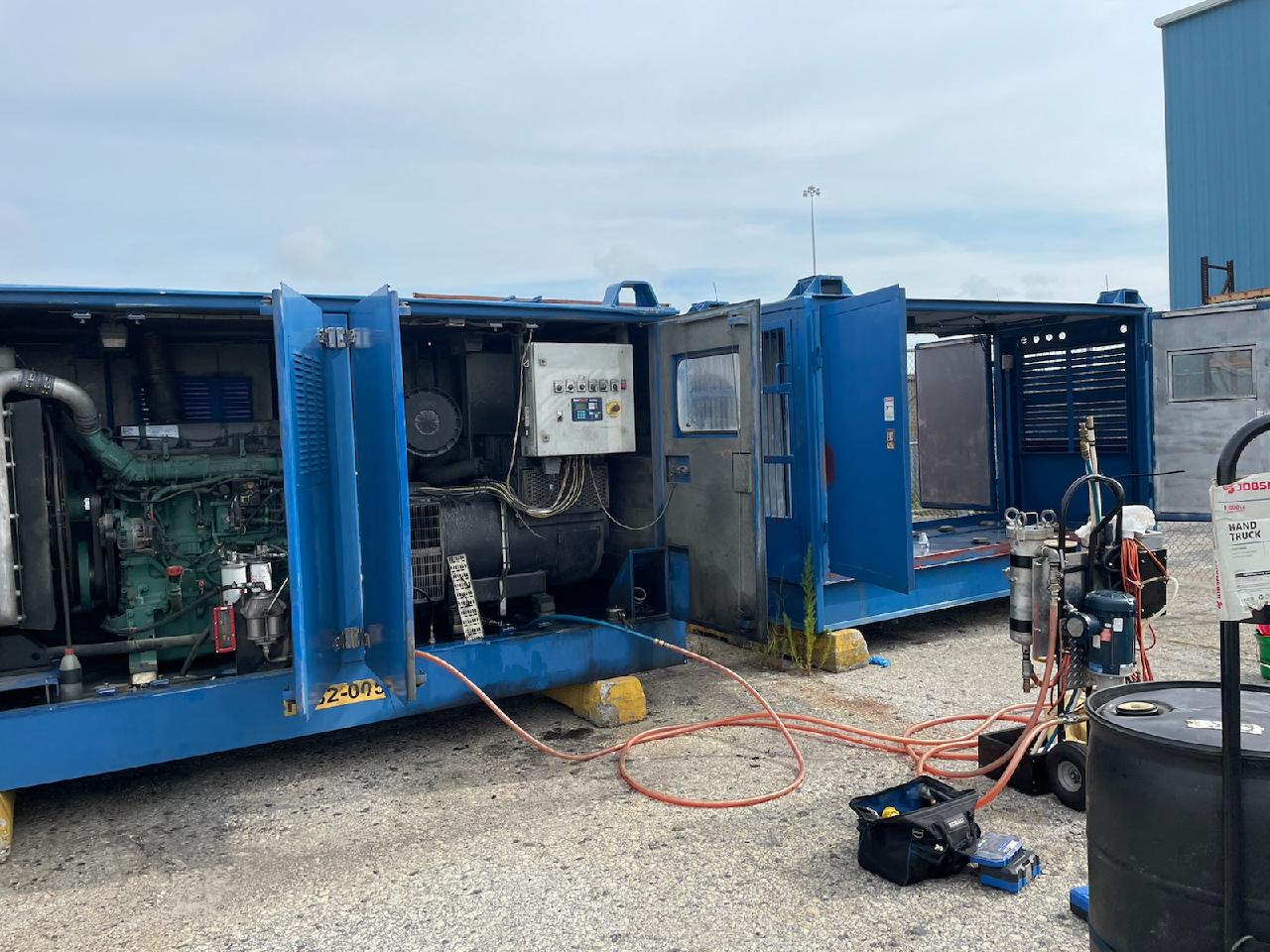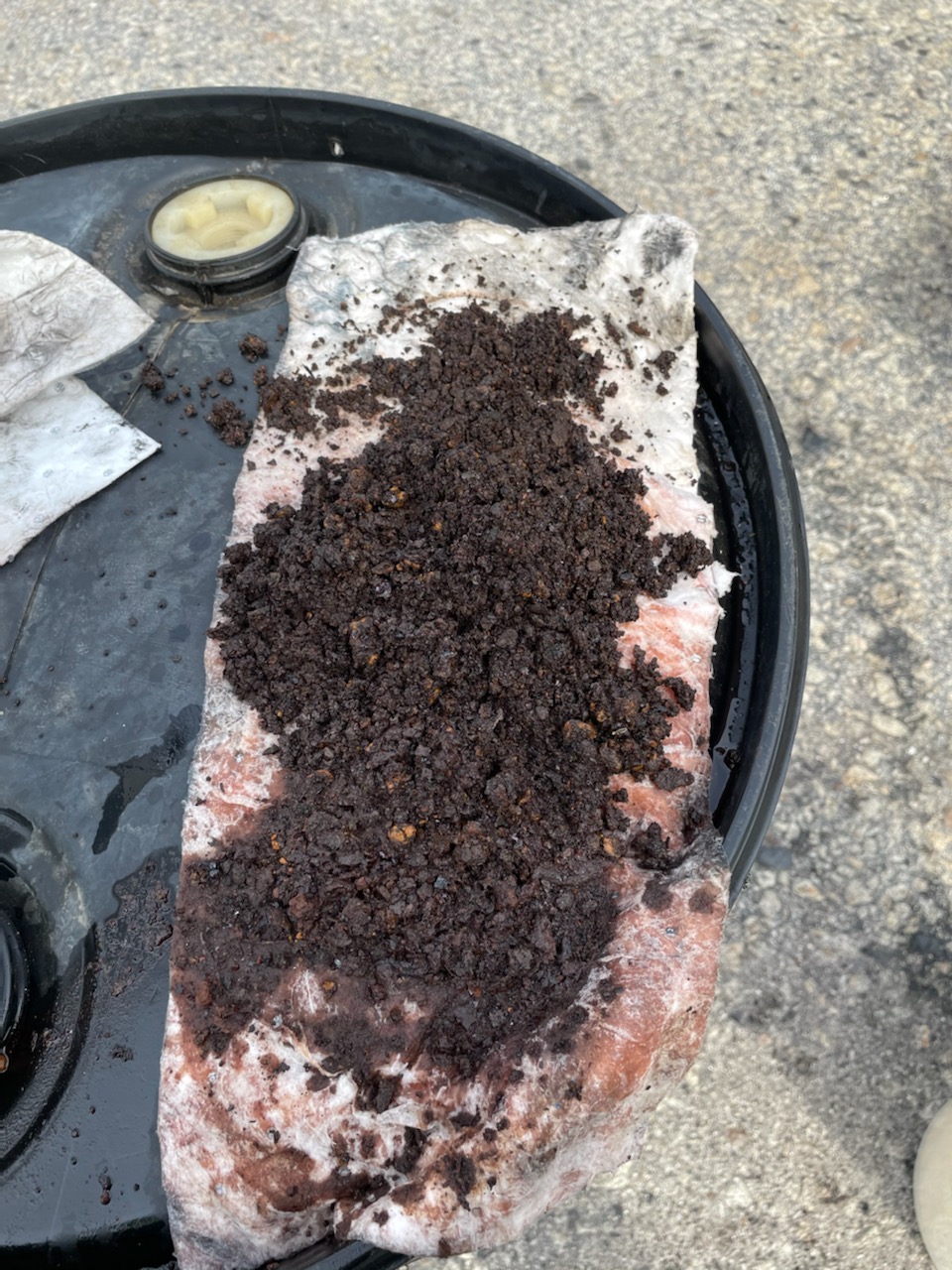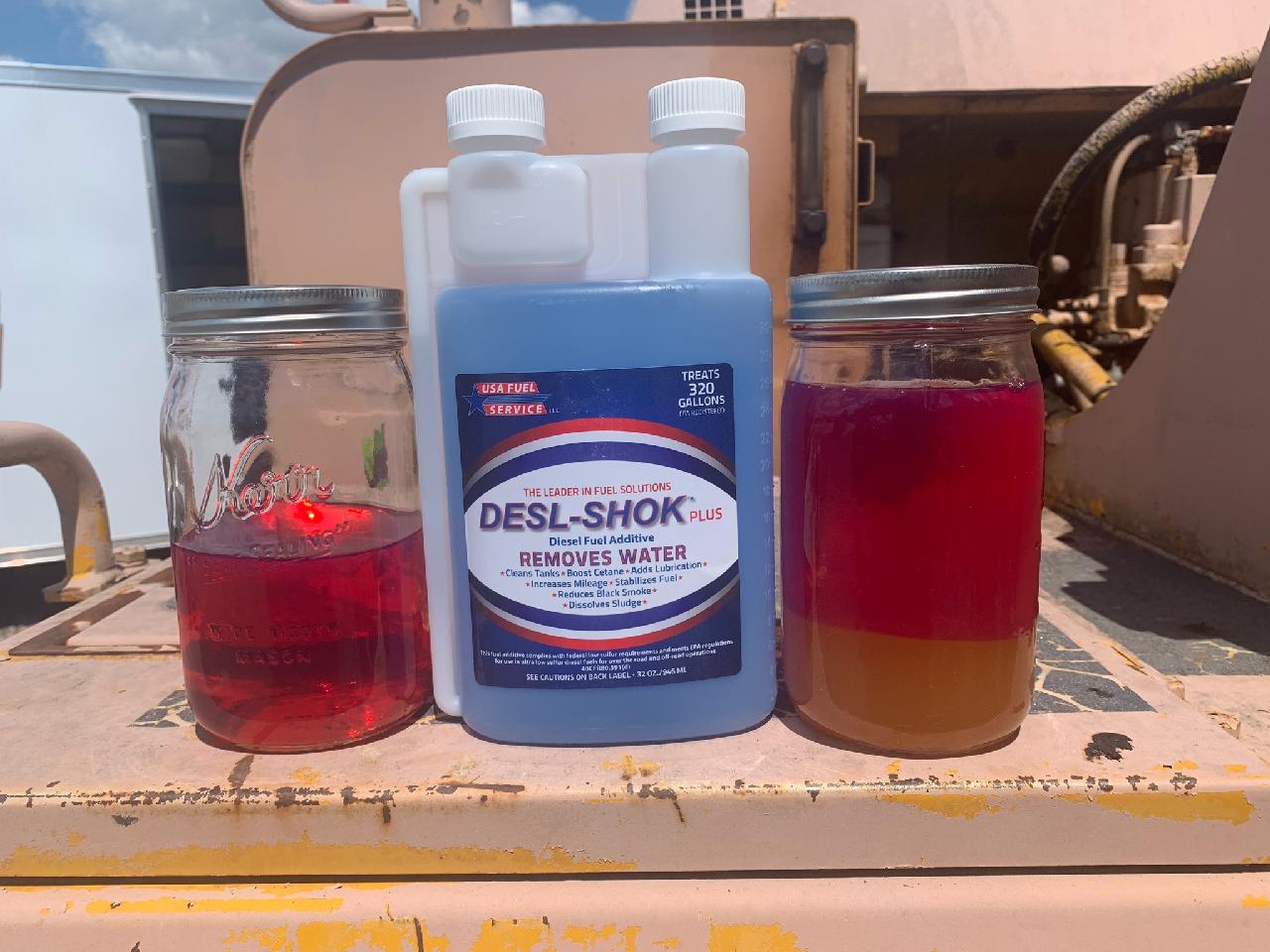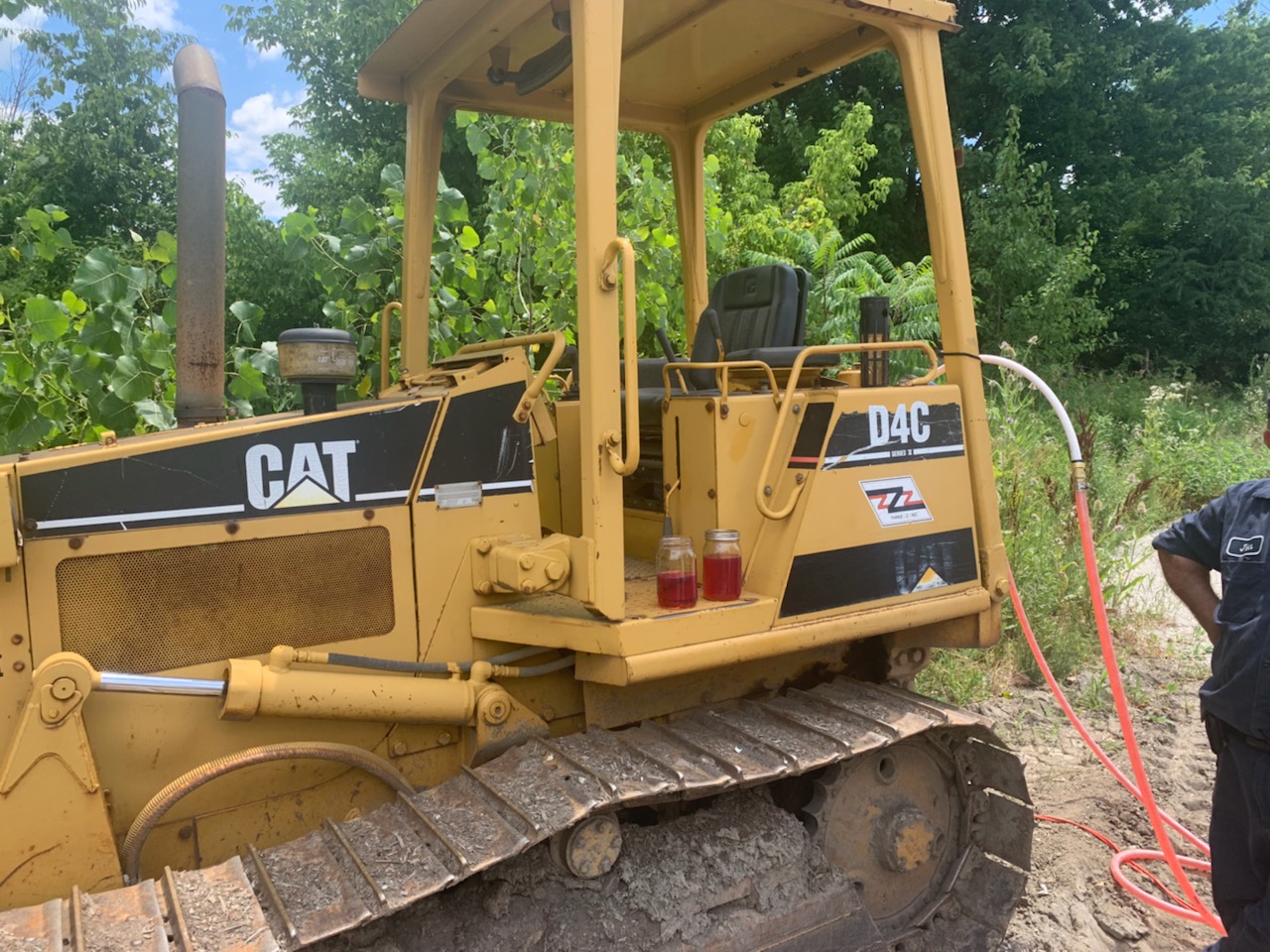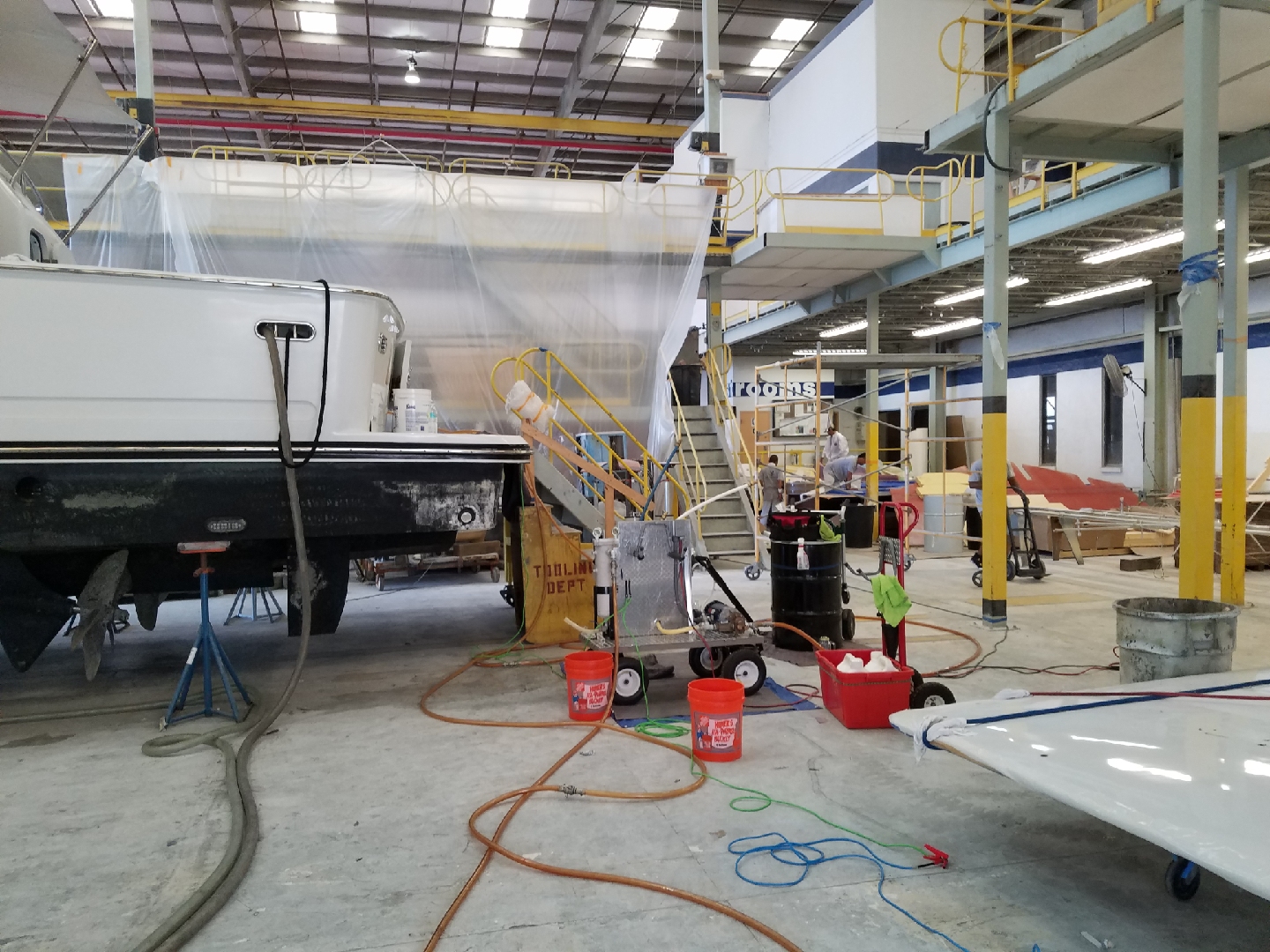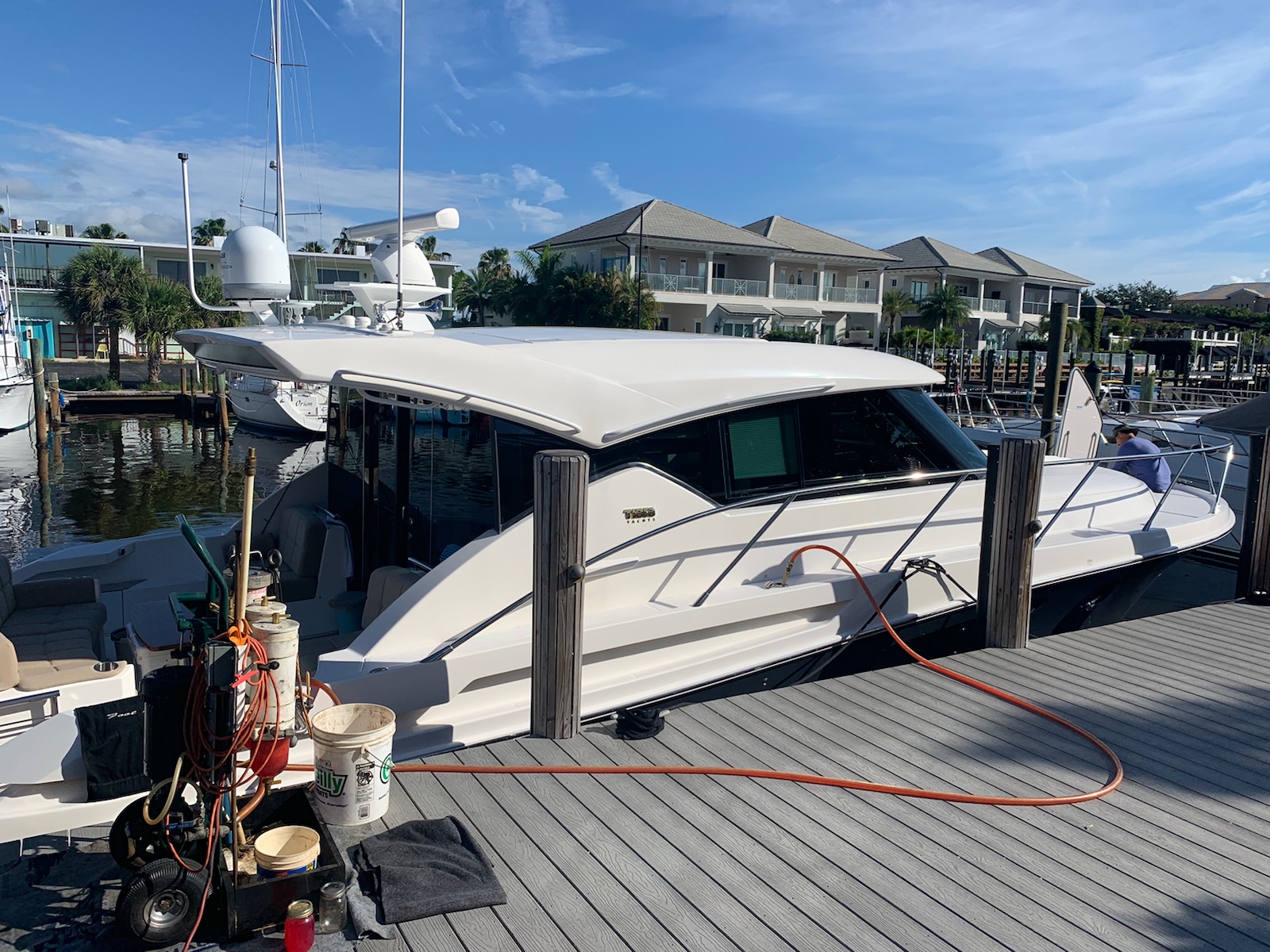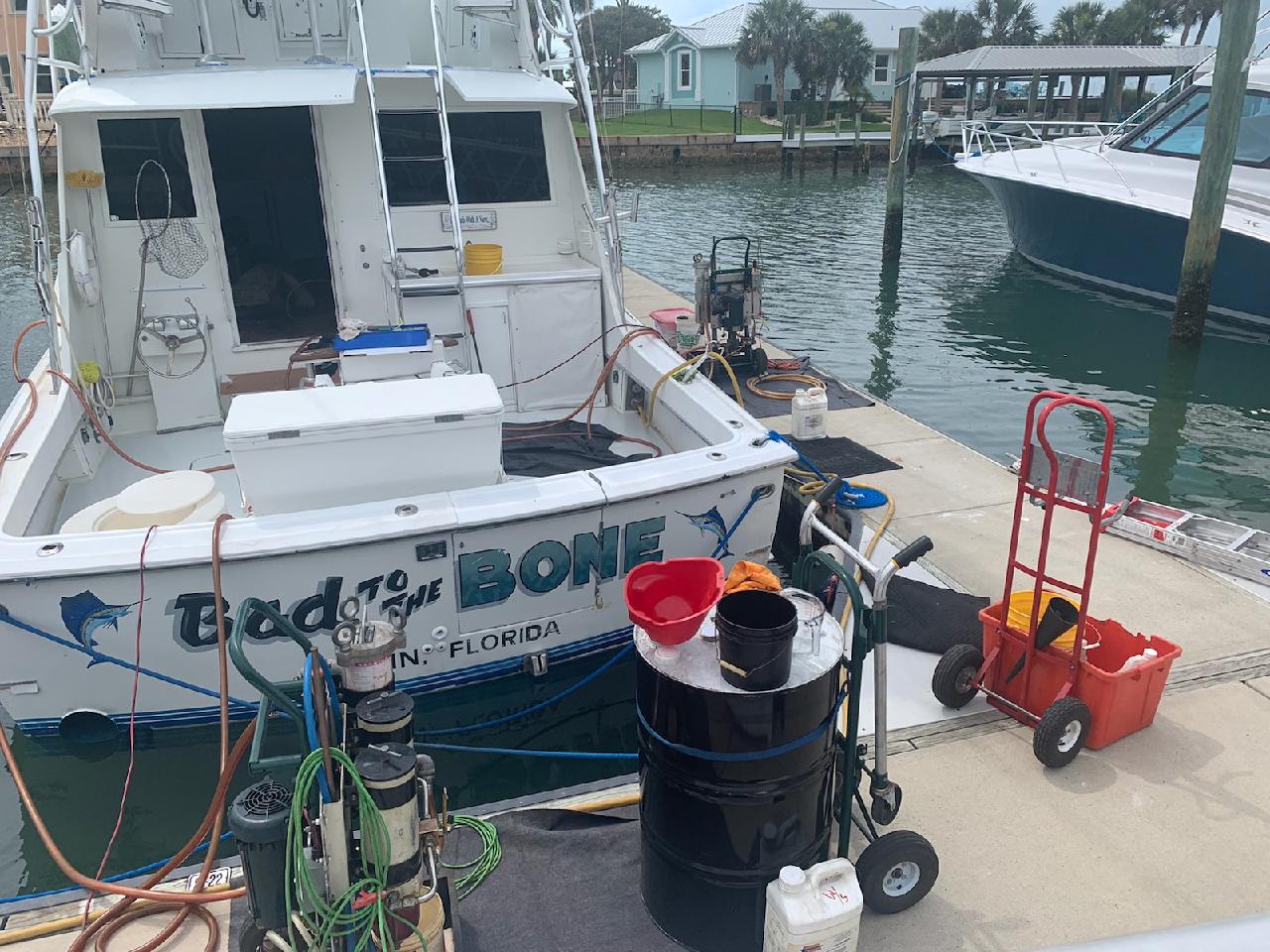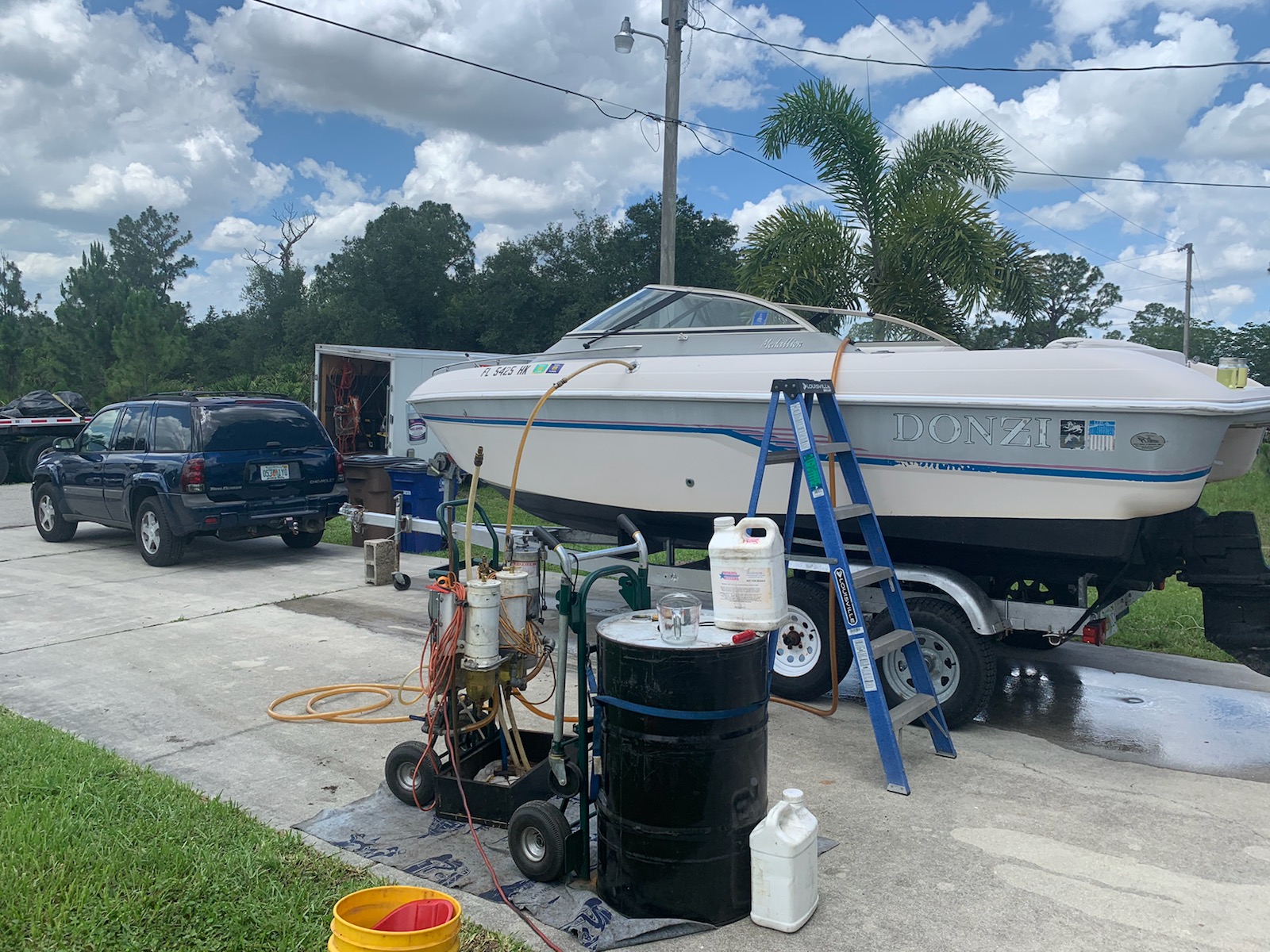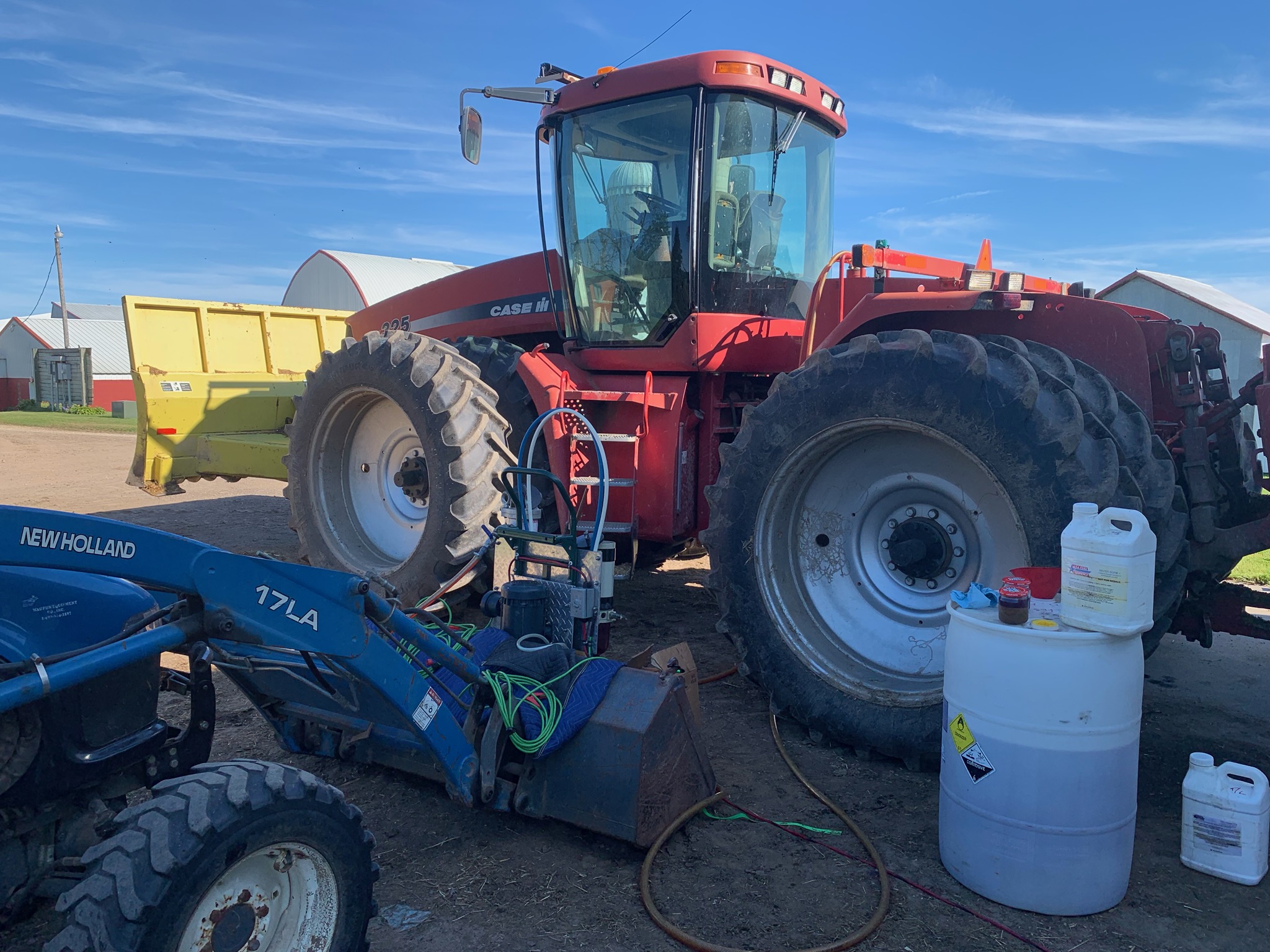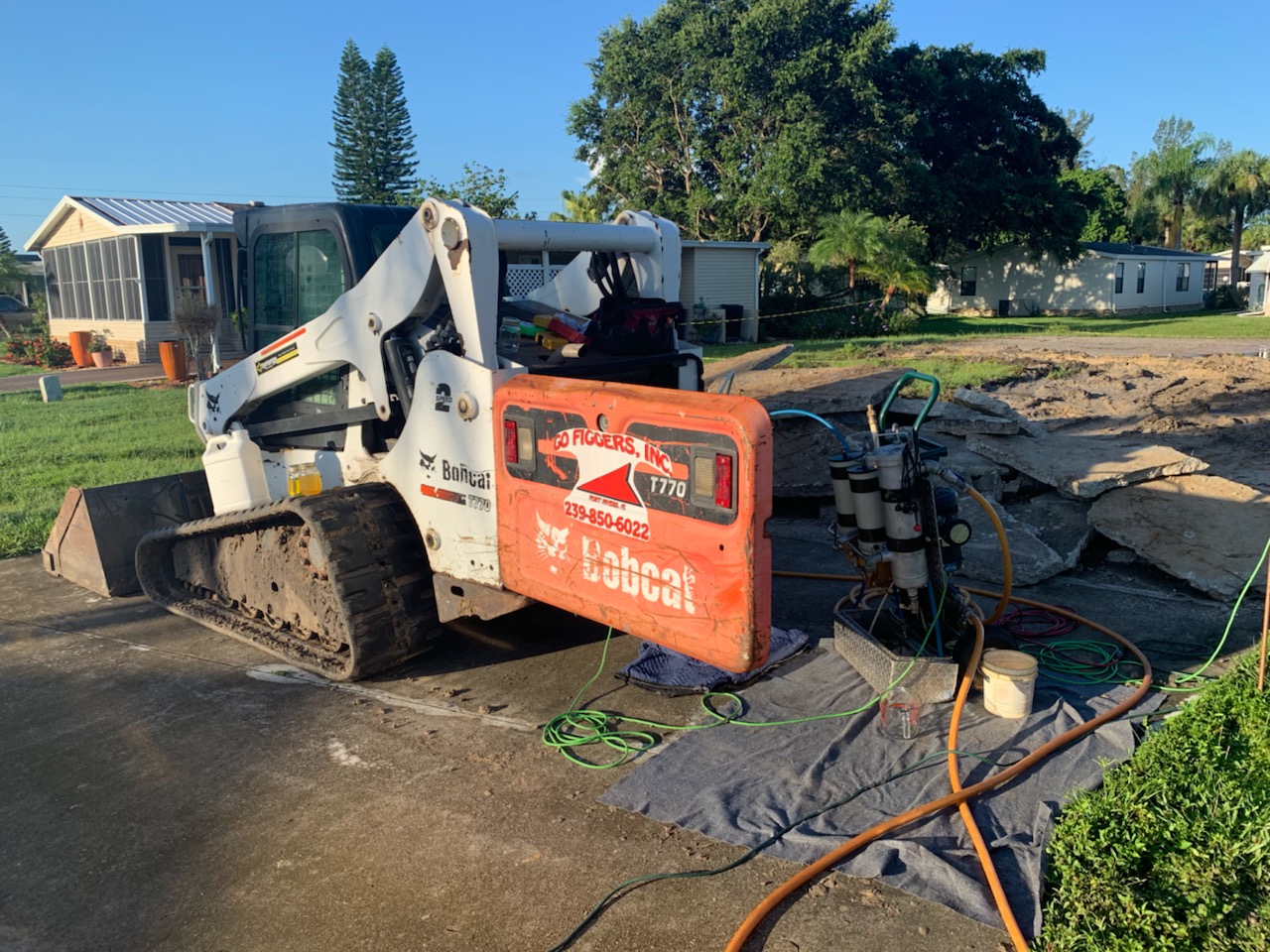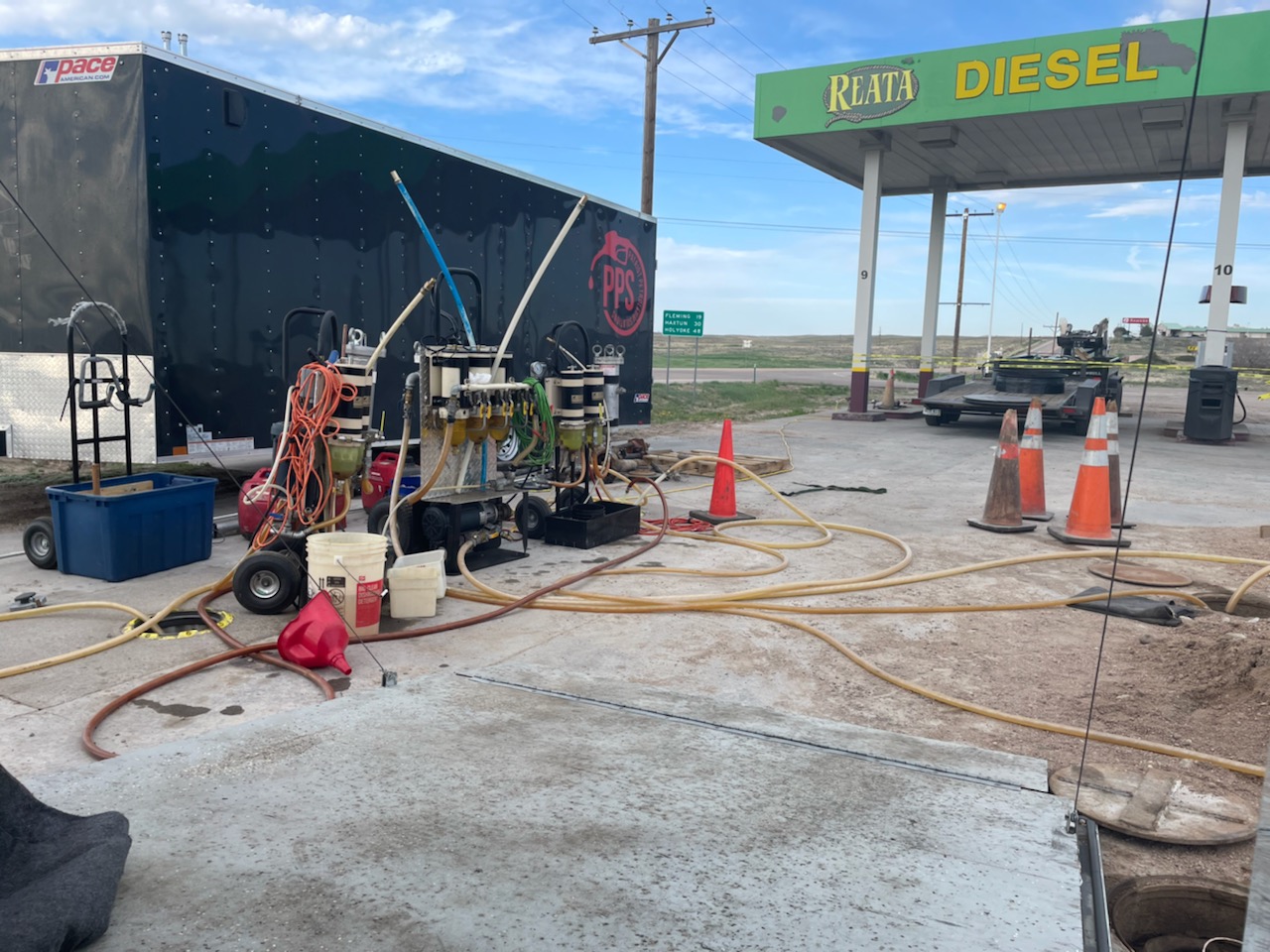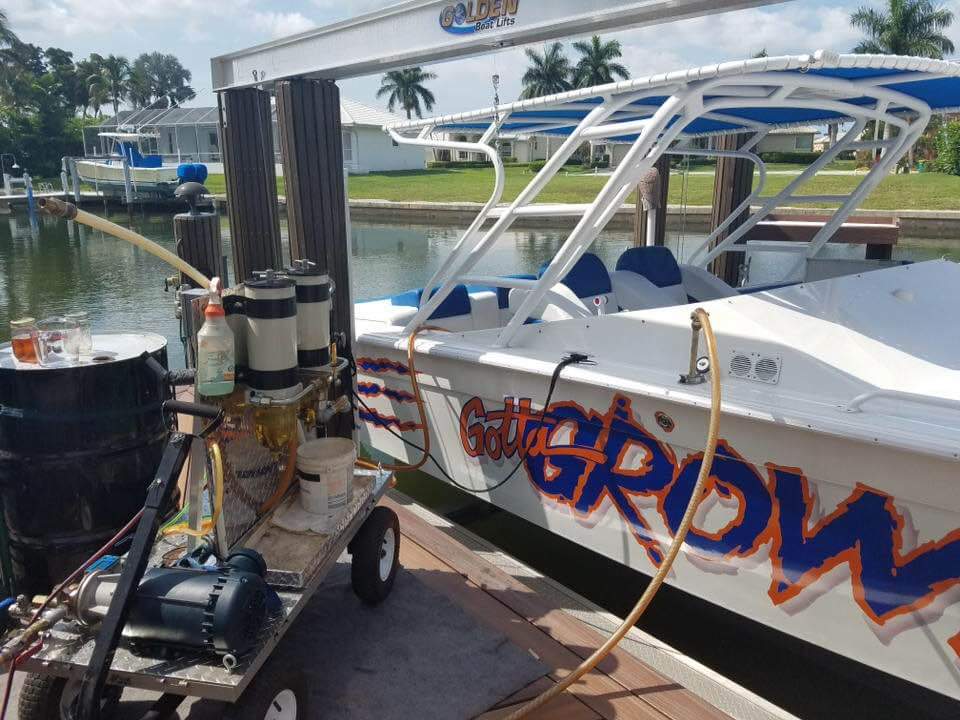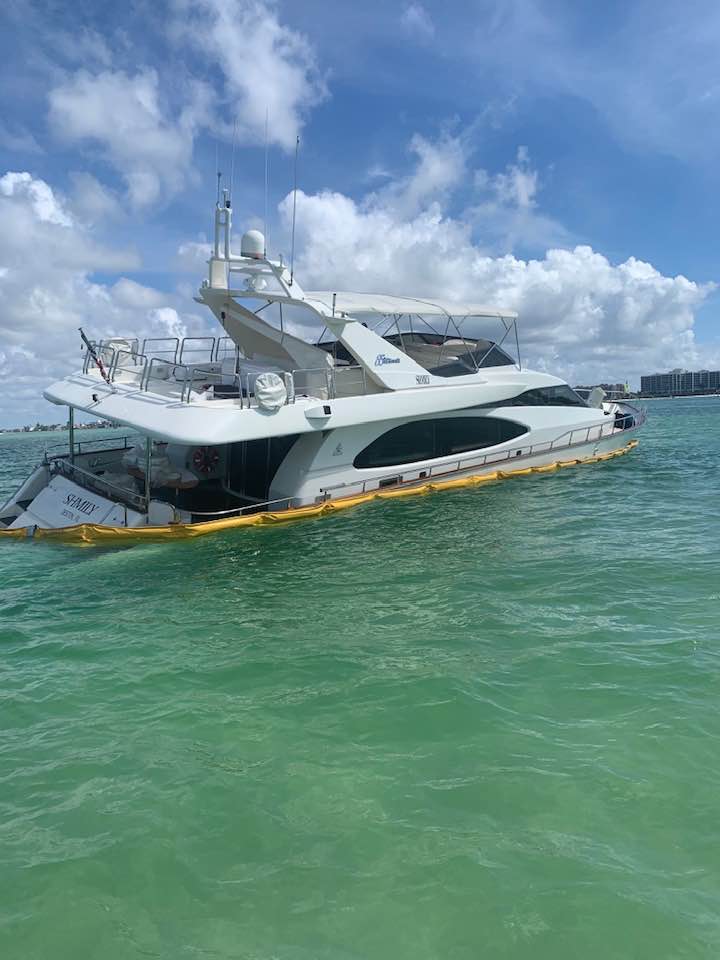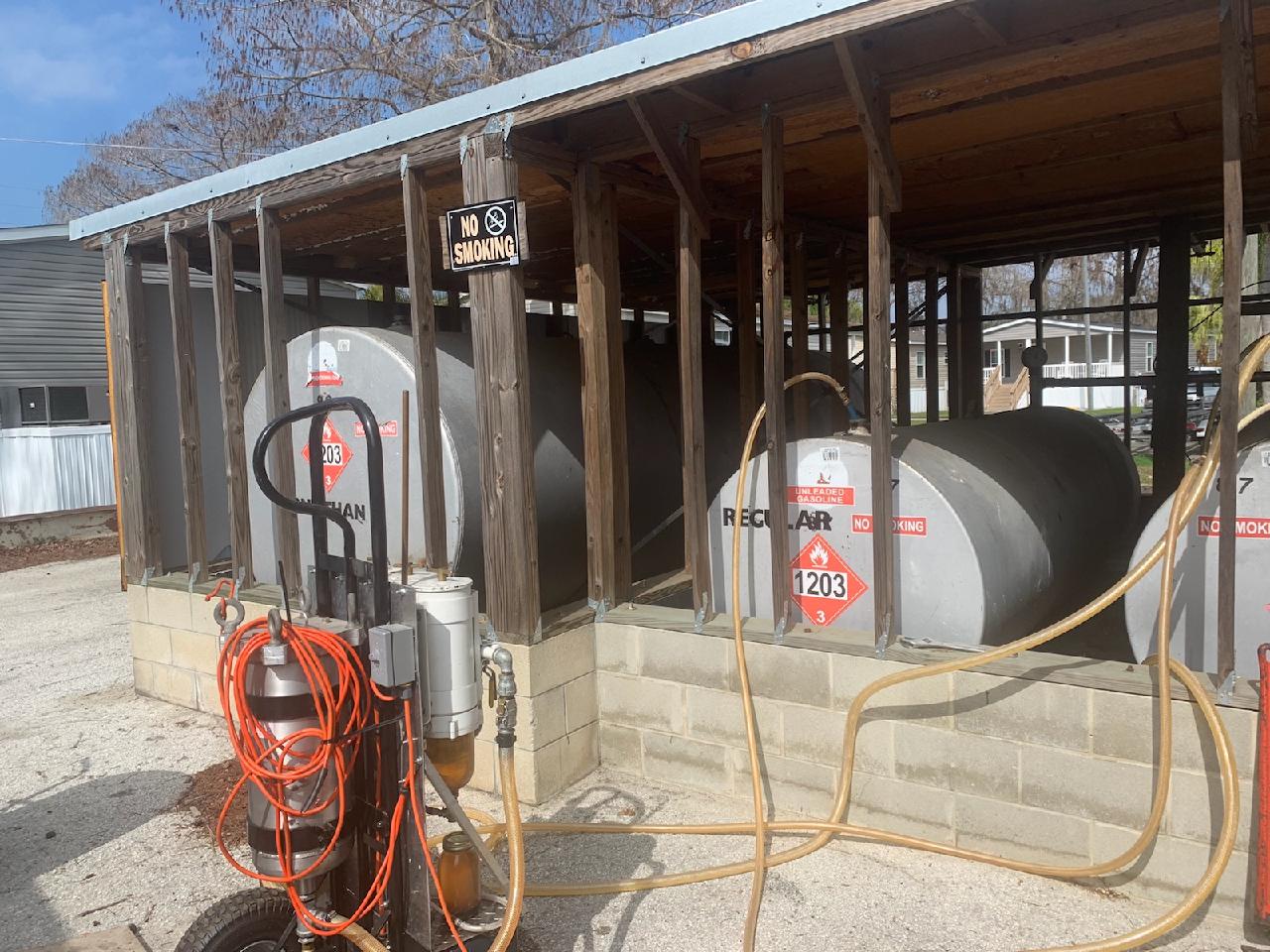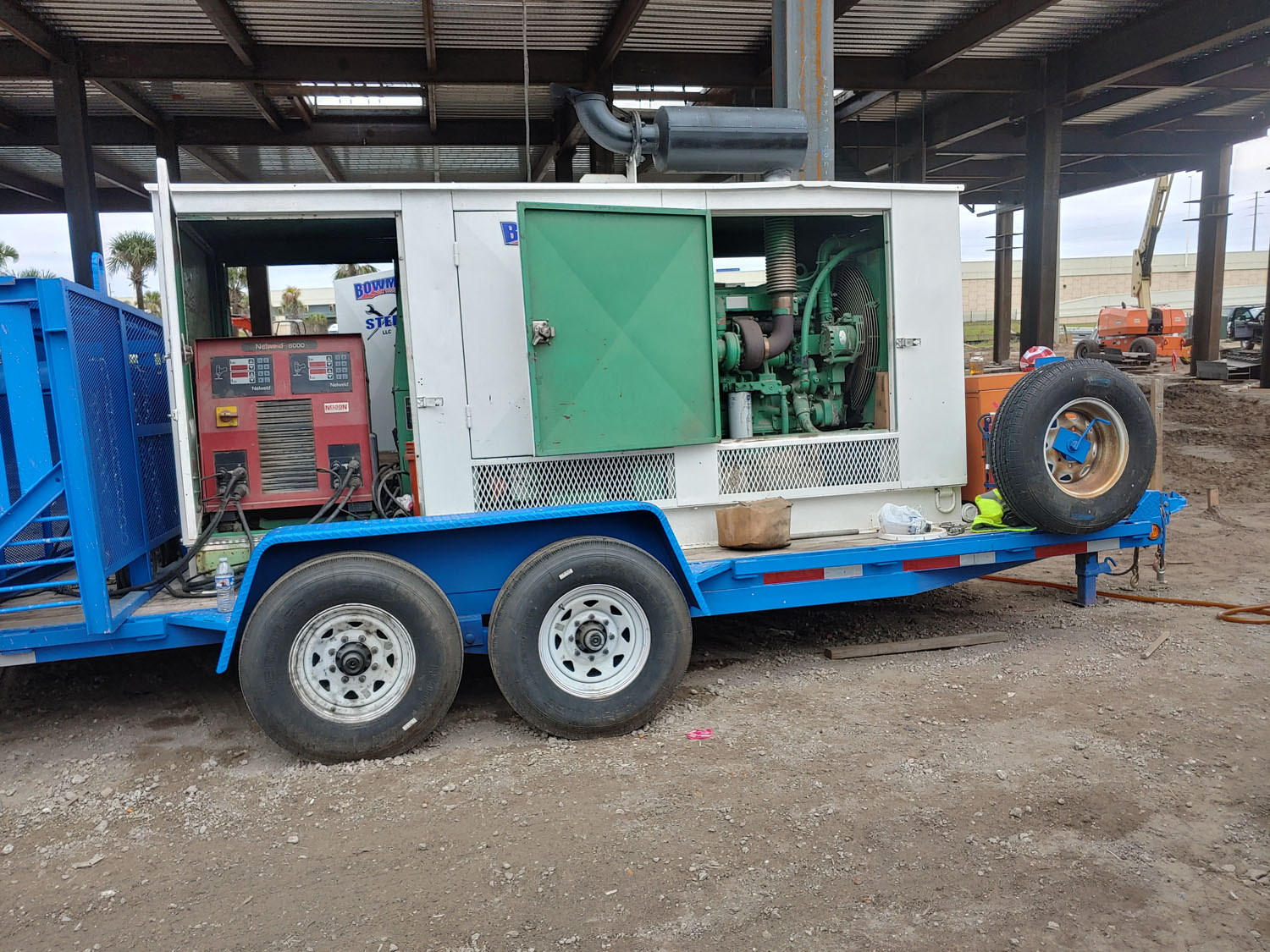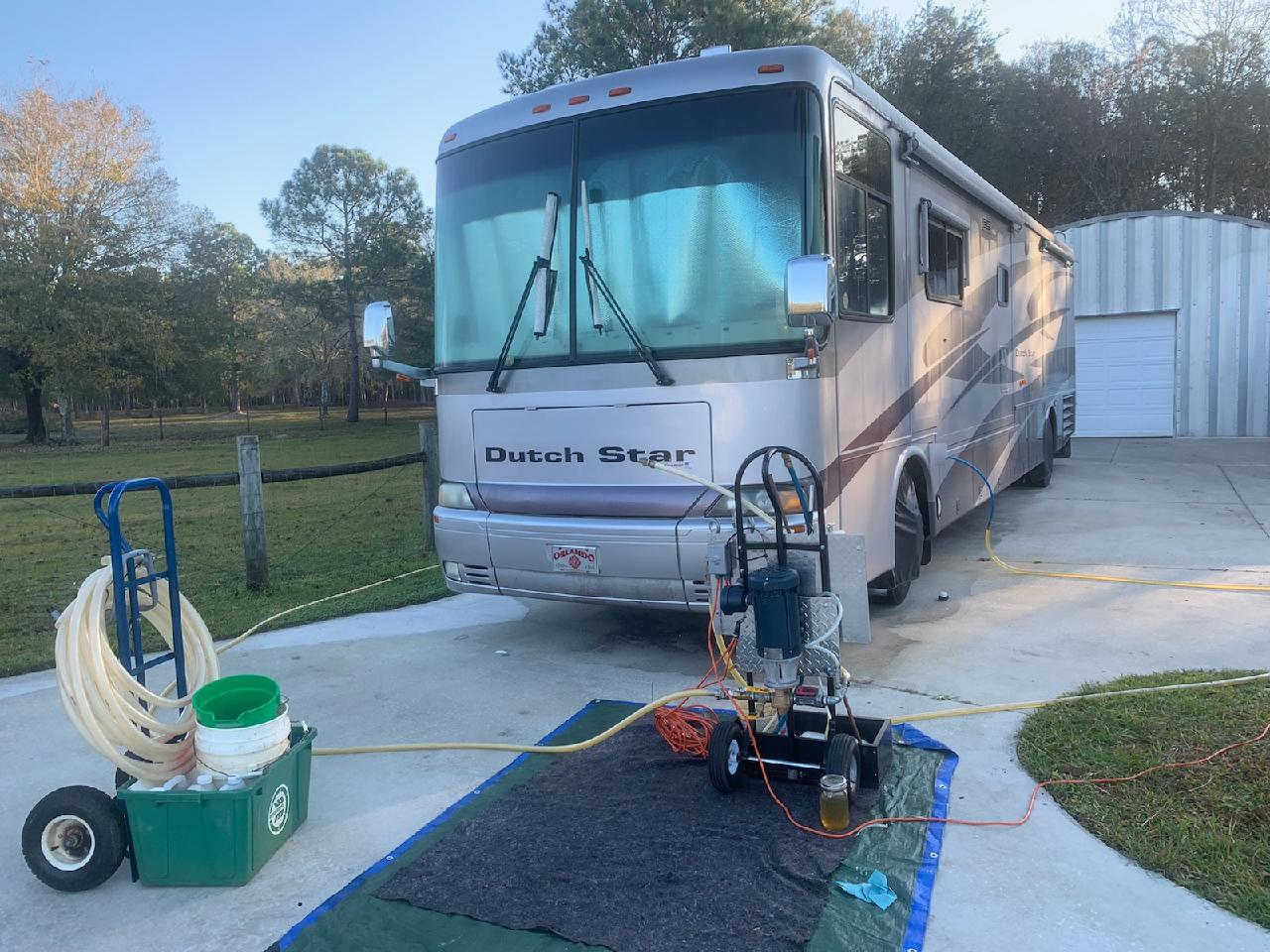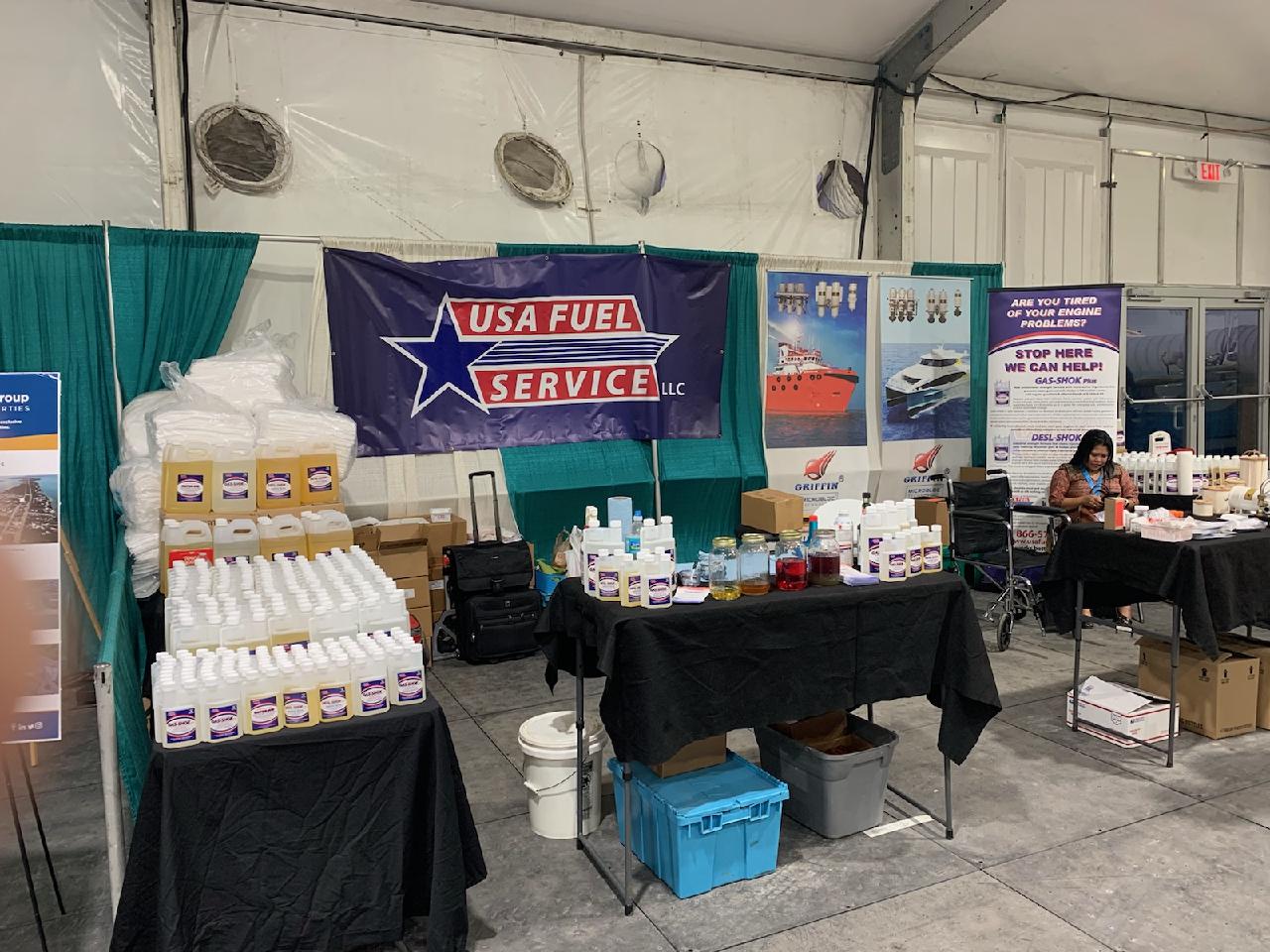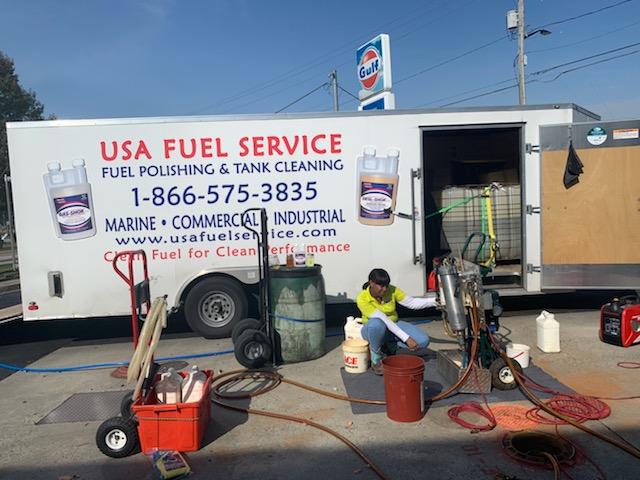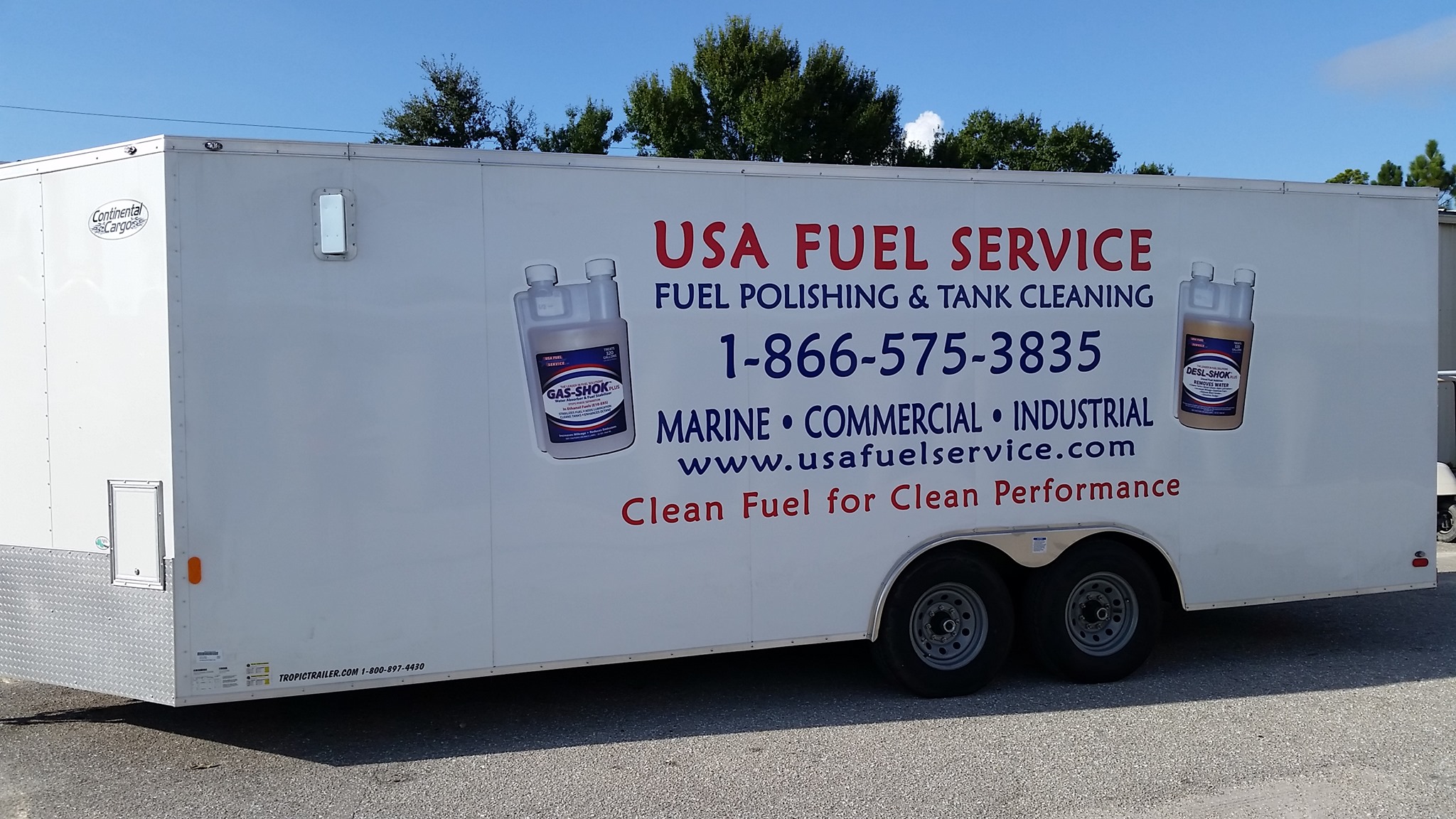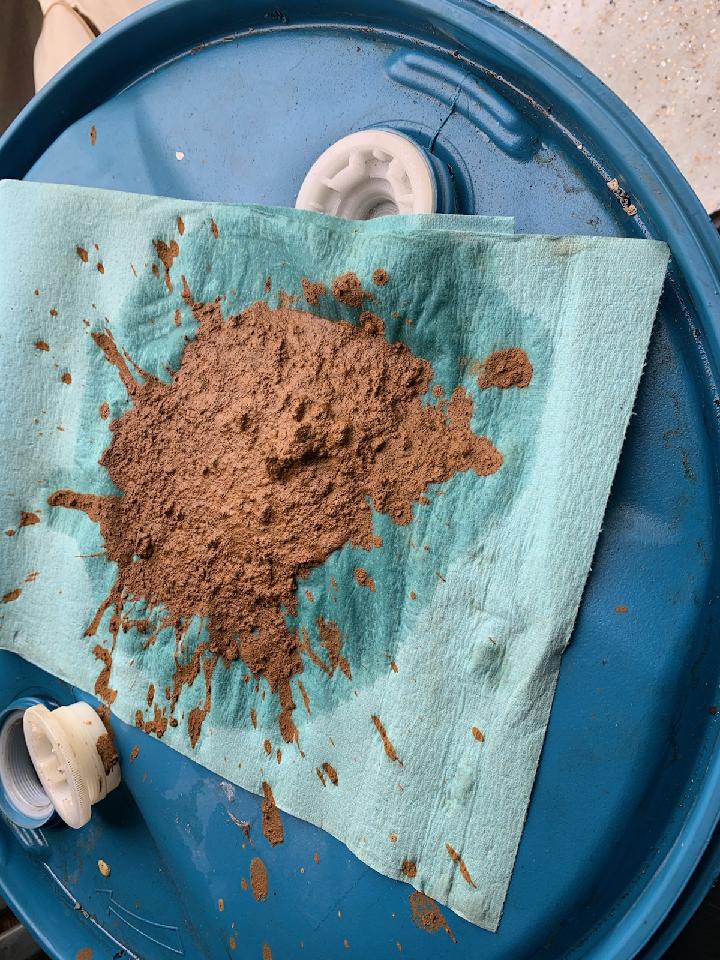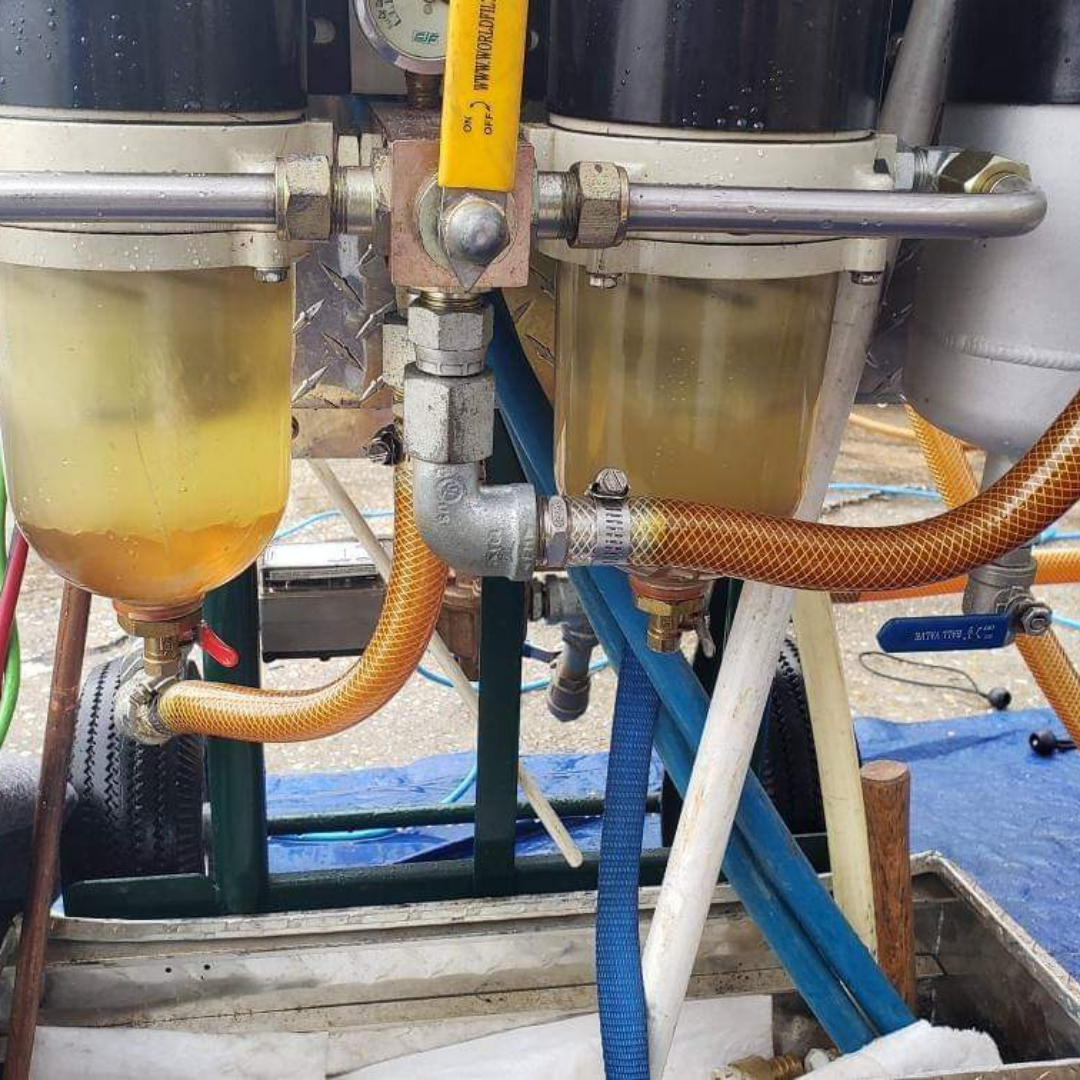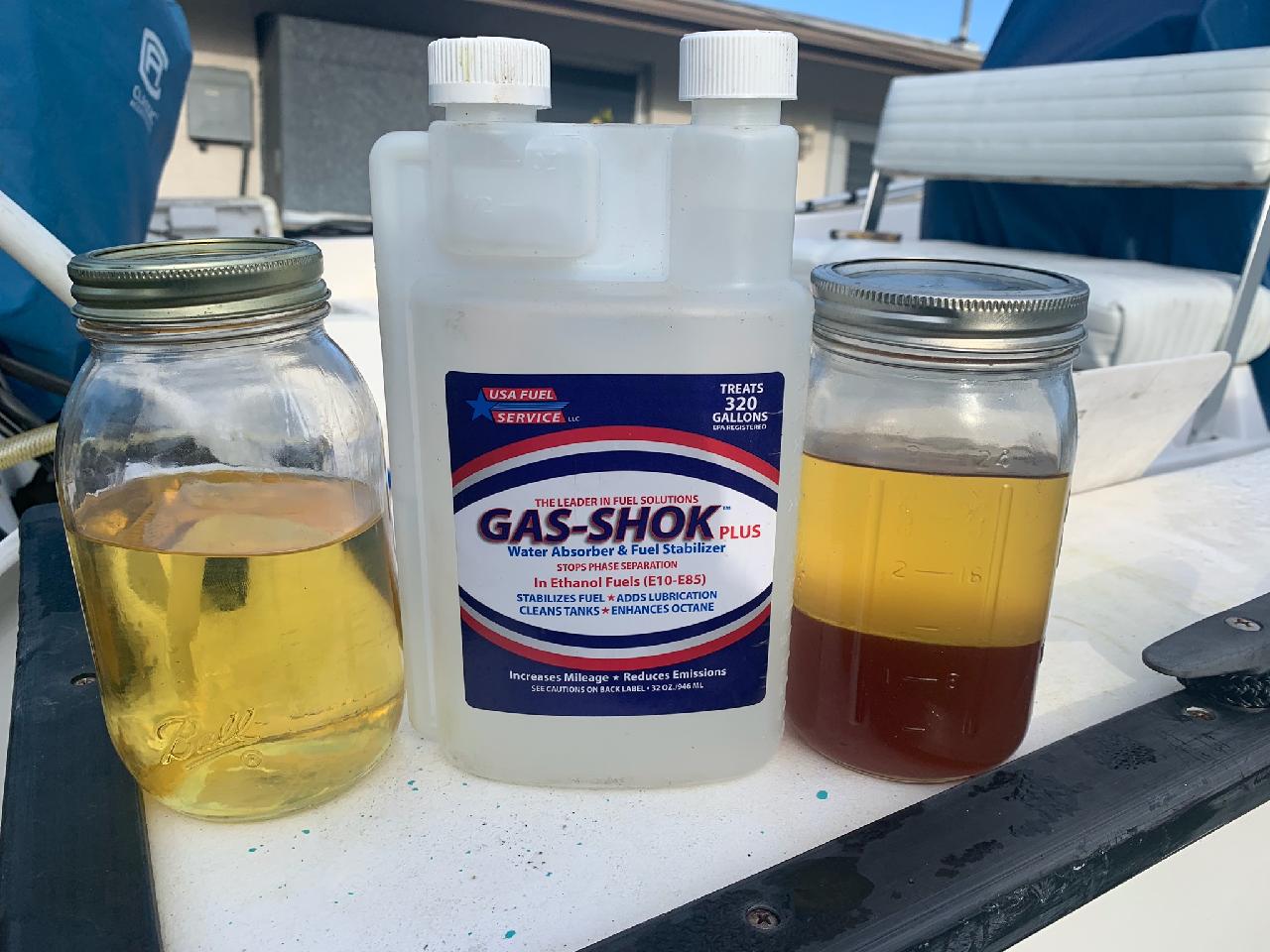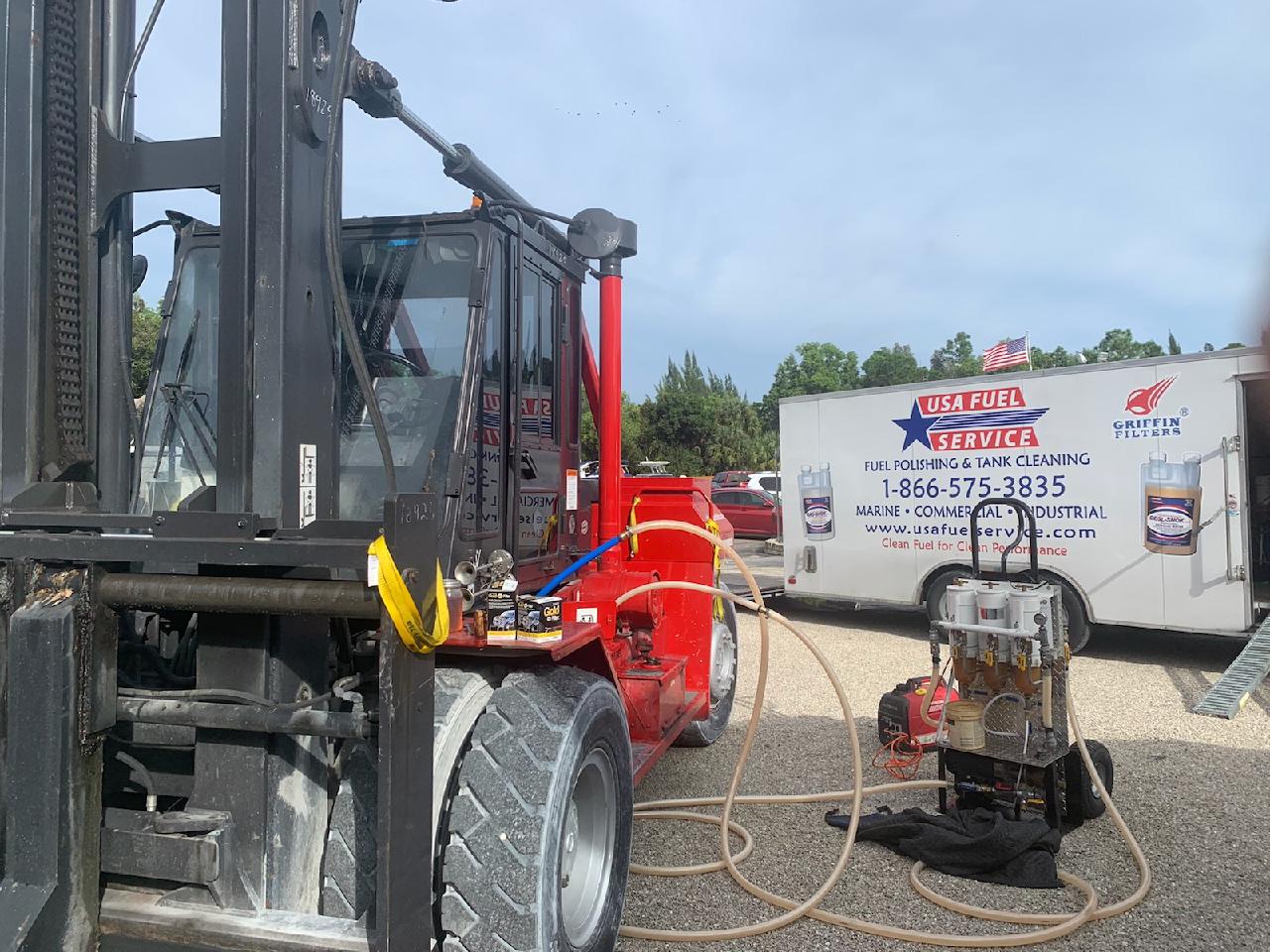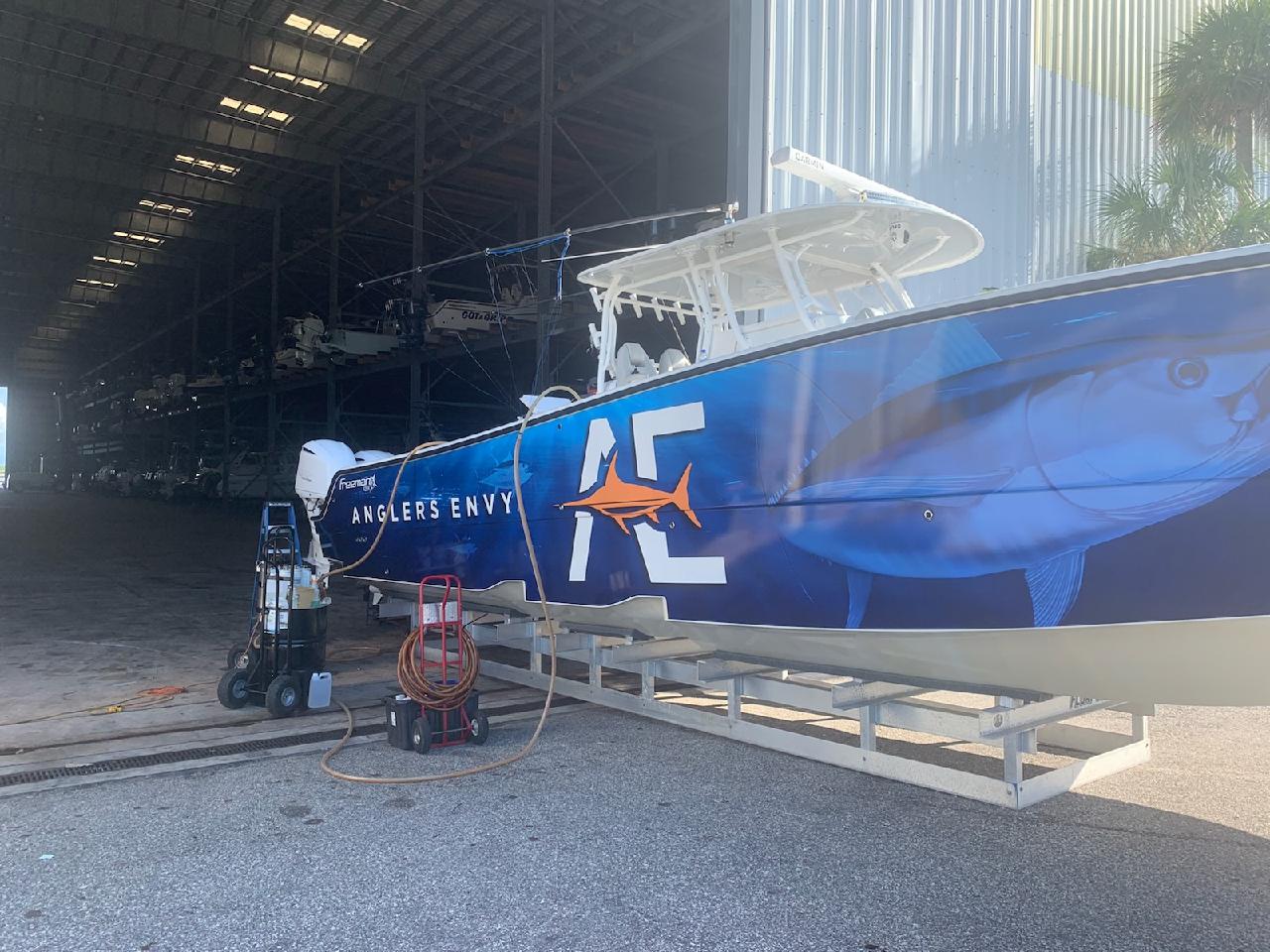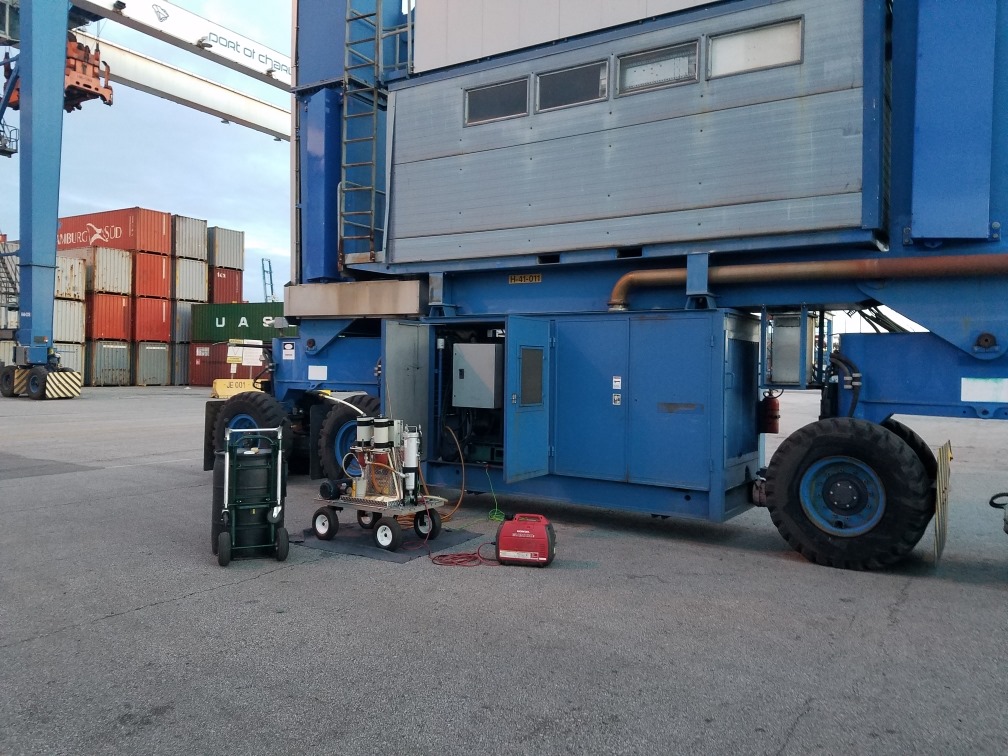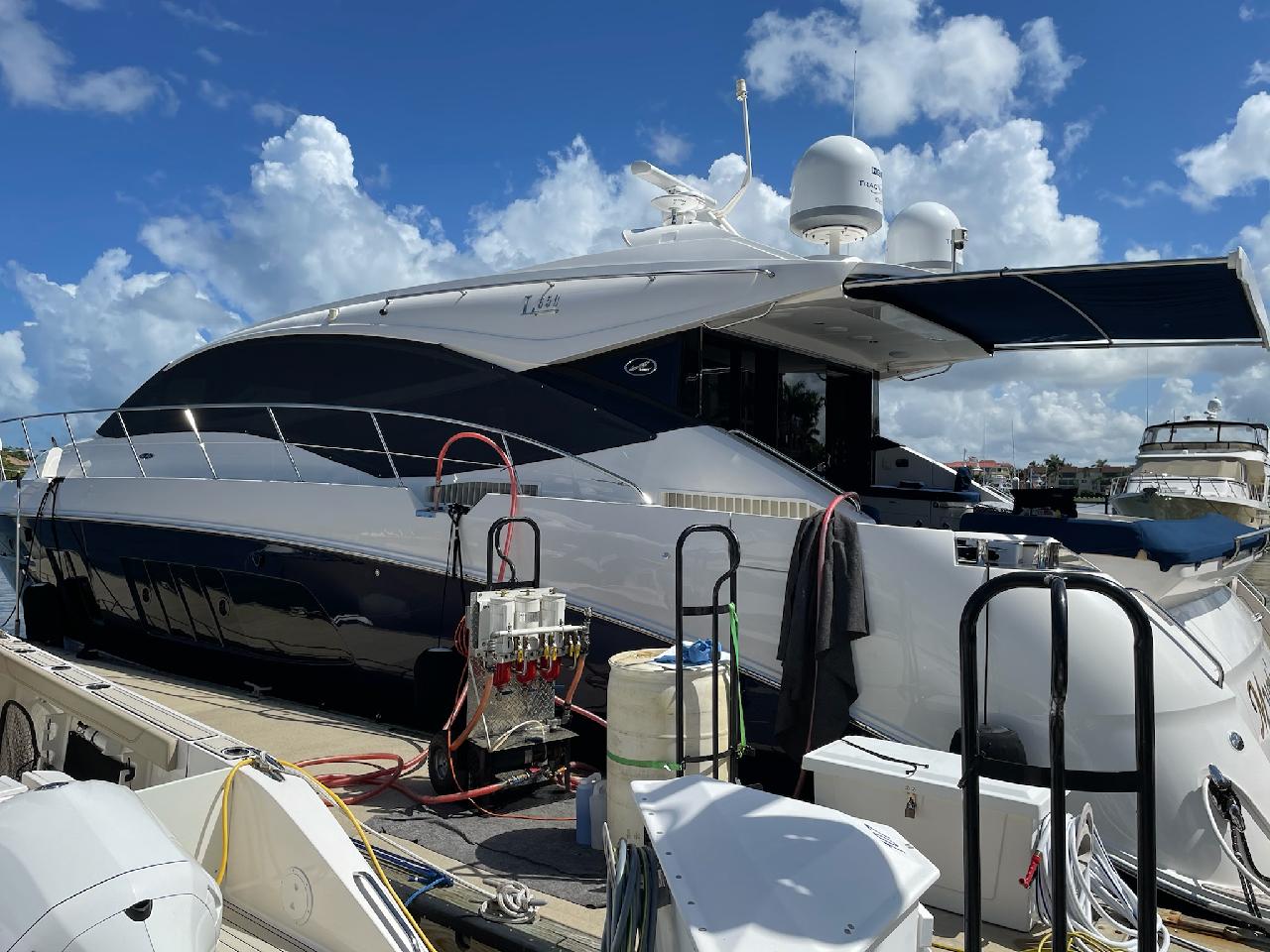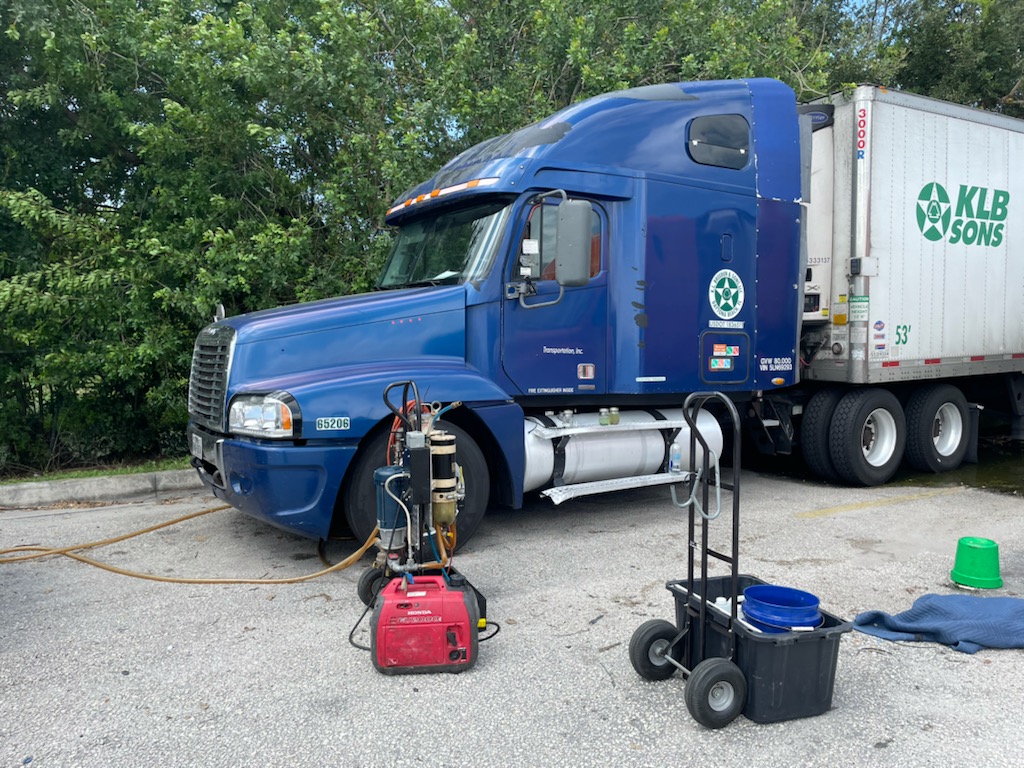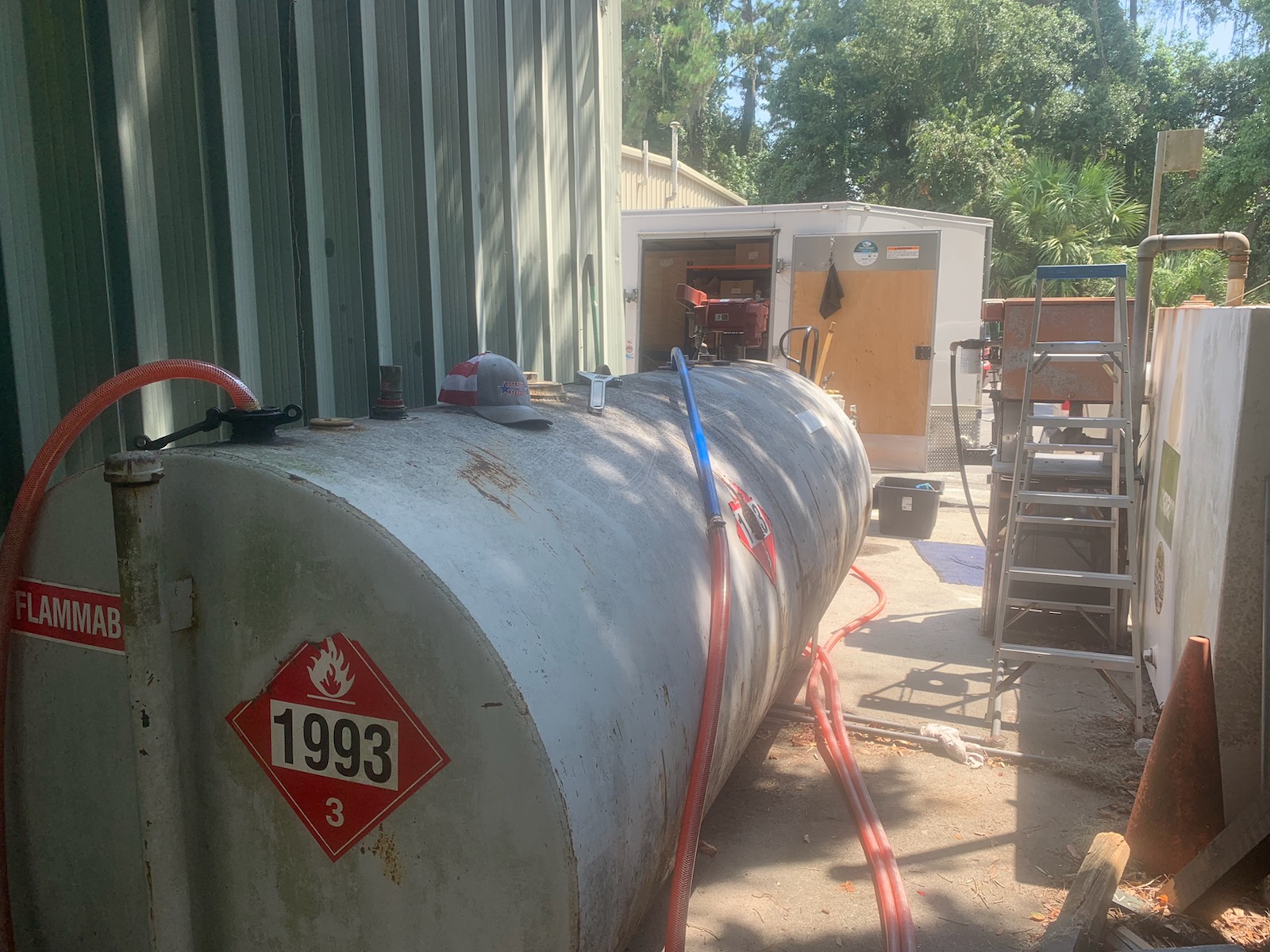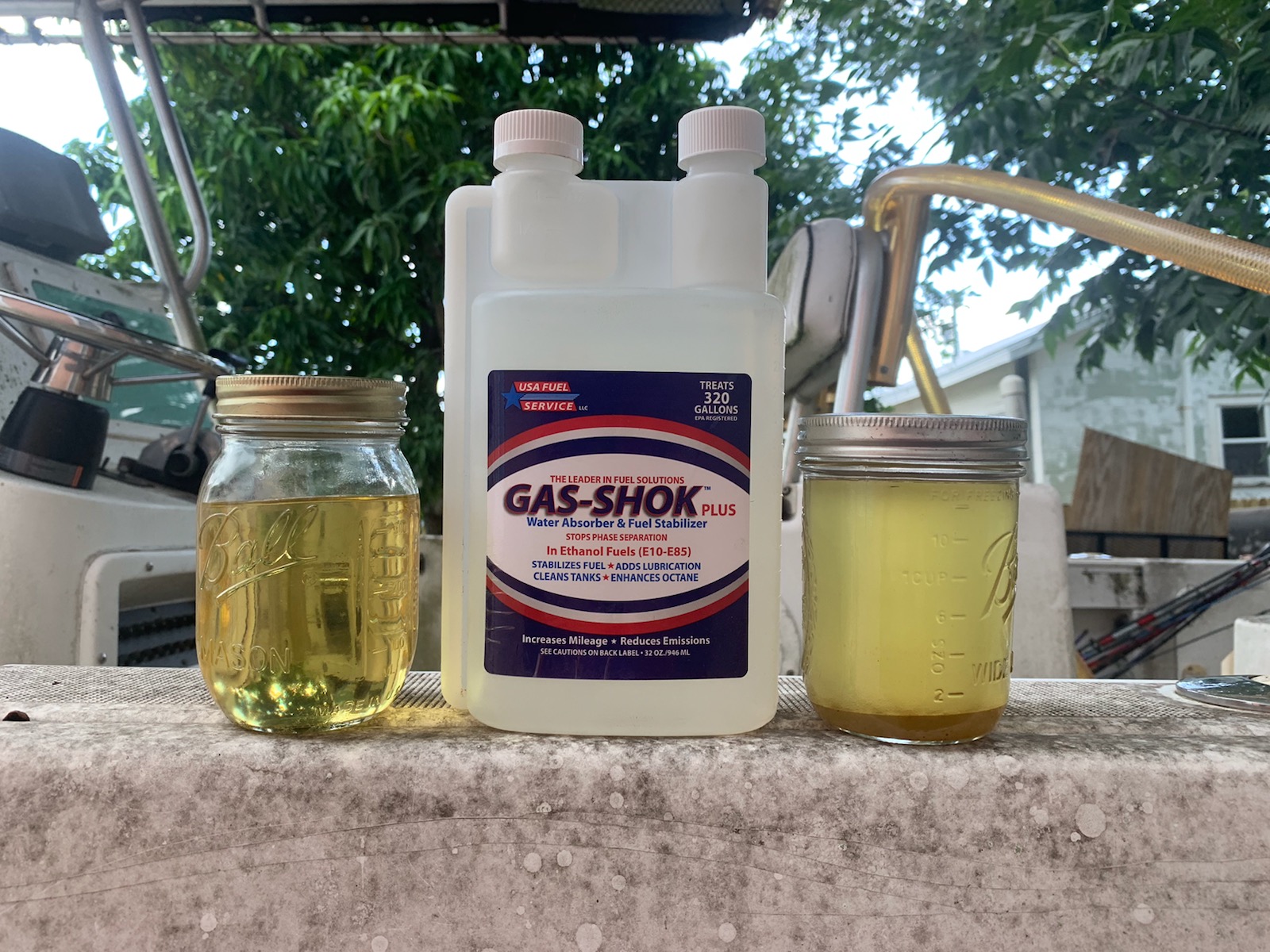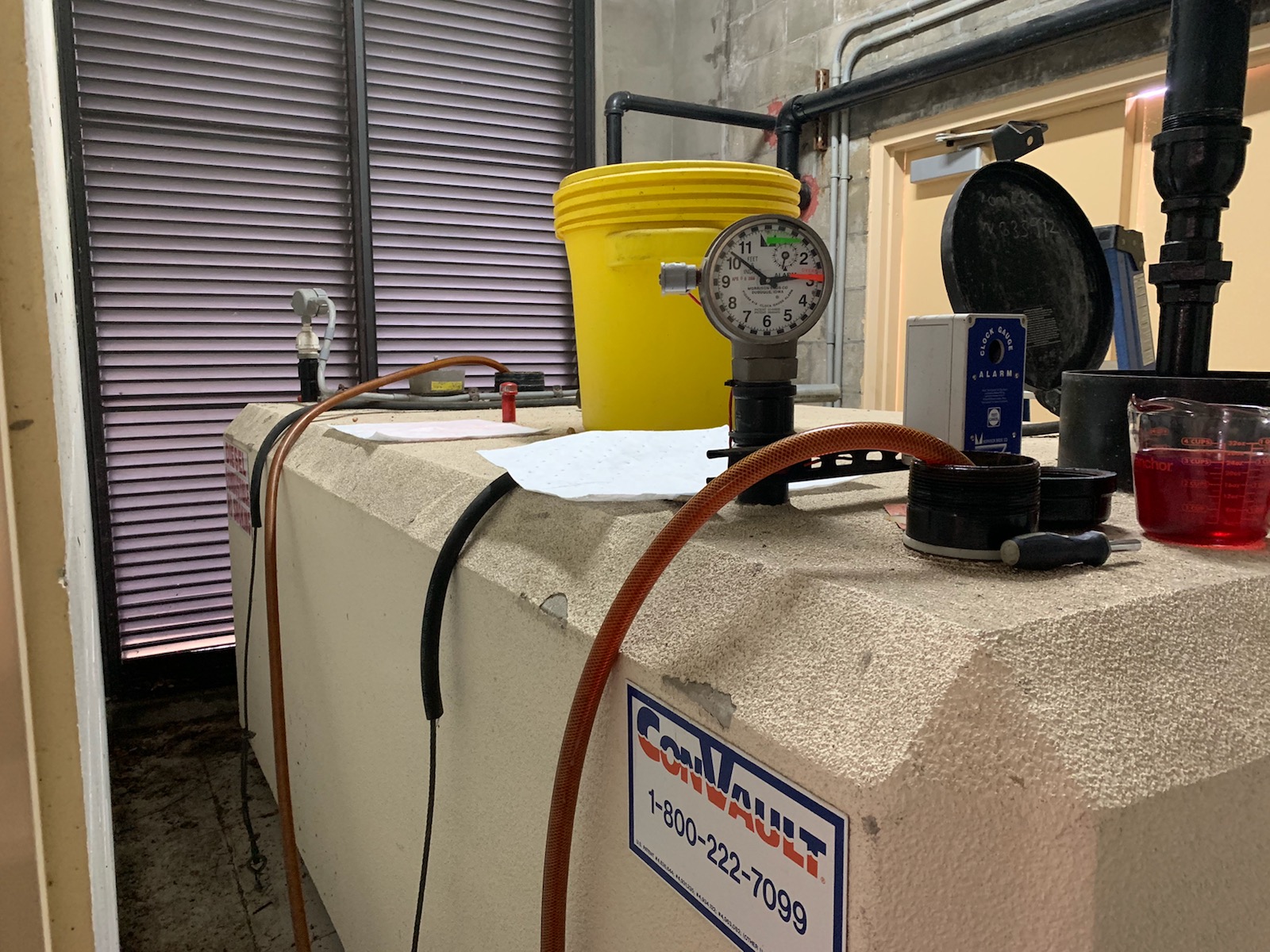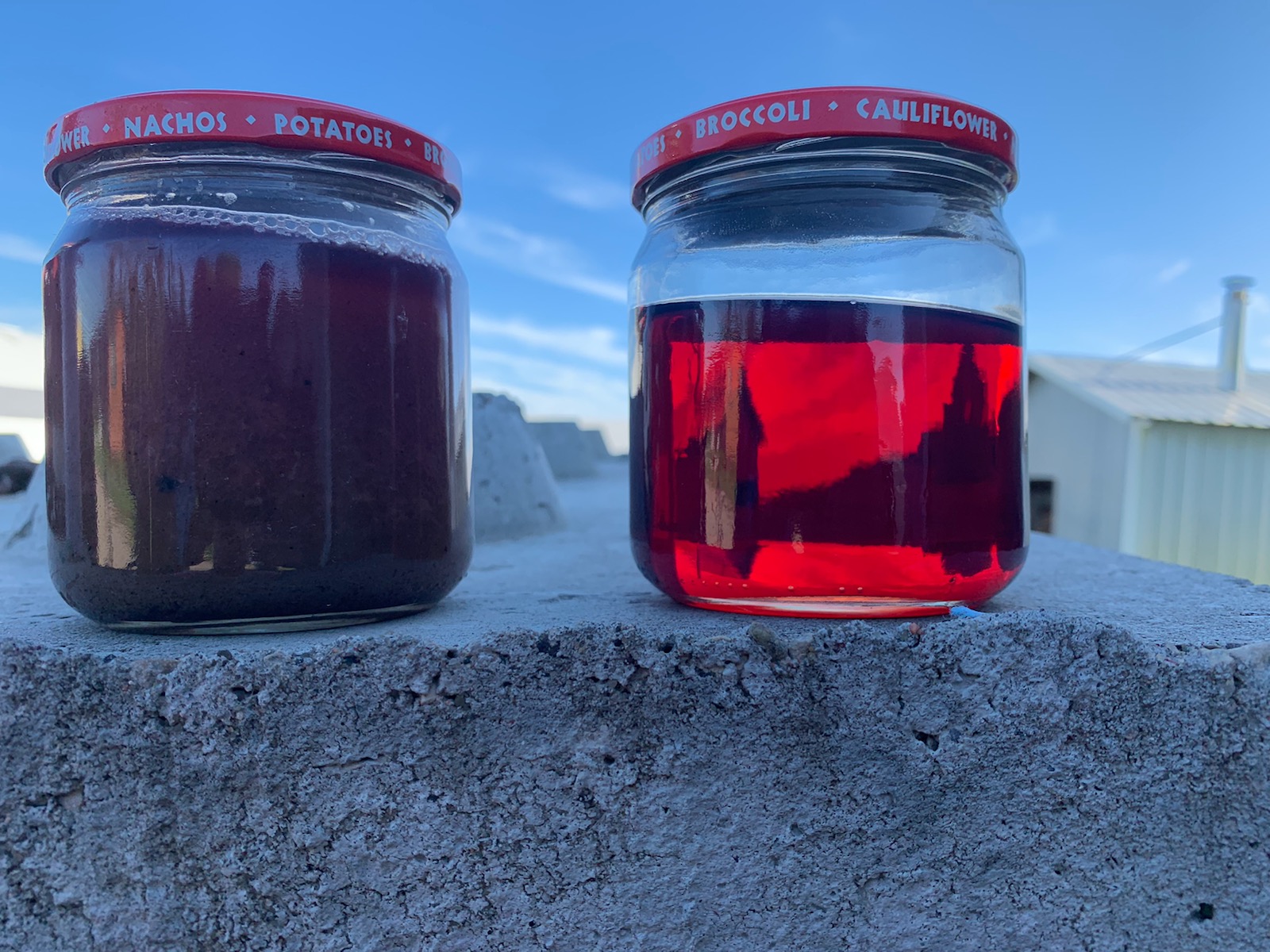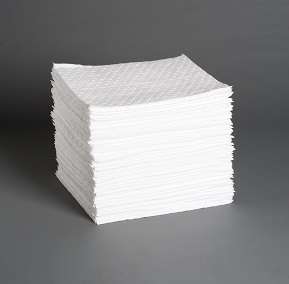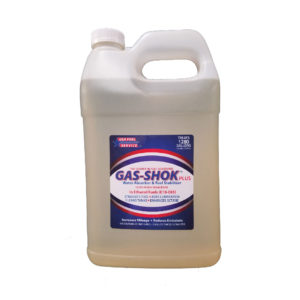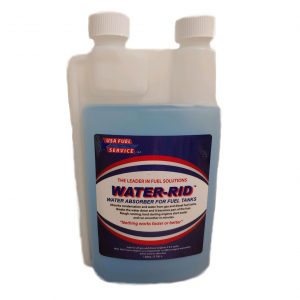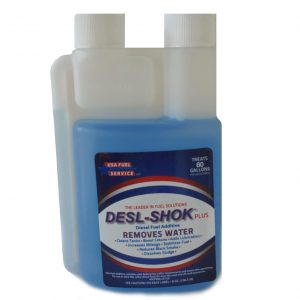In the past, professional mechanics, engine manufacturers (OEM’s), the American Petroleum Institute (API), marine dealers, and other fuel related organizations have submitted conflicting opinions on the subject. However after many years of experience with our newer fuel blends and chemistry most of them have now reached a consensus.
The opposing opinions began decades ago and moved to the forefront after fuel producers started blending fuels for the four different seasons (spring, summer, fall and winter) and peaked soon after the introduction of ethanol blended fuels. The conflicting recommendations created confusion for the consumer that still lingers to this day.
So which is it, full or empty?
Before we answer we want to explain the basis for the answer and therefore you will/should reach the same conclusion for yourself. First, you must realize where the water comes from; it is in the air in the form of humidity and accumulates in your tank by two methods.
First, no matter what kind of fuel you use moisture/humidity will form on the inside walls of your fuel tank where the air/humidity is in direct contact with the bare tank walls. The air contains the moisture/humidity and the cooler tank walls provide a place for the moisture to form into small droplets that run down the walls and accumulate in the bottom of the tank.
Second, if you are using ethanol blended fuels (e-10-85) the ethanol in the fuel is a powerful attractant of moisture/humidity and adds to the first problem by pulling it right out of the air directly into your fuel. We highly recommend using a fuel stabilizer when using ethanol blended fuels to help control the problem.
So therein is your answer, if you keep the air/moisture from coming into direct contact with the bare inside walls of your tank you will greatly reduce the amount of water accumulation in the tank. The best way to do that is to keep your tank(s) full. (90% is the accepted full level because you need room for expansion)
This applies to all fuel tanks no matter what shape or material they are made of.
USA Fuel Service LLC © All rights reserved
For more fuel/tank tips visit our tips page on our website at www.usafuelservice.com

